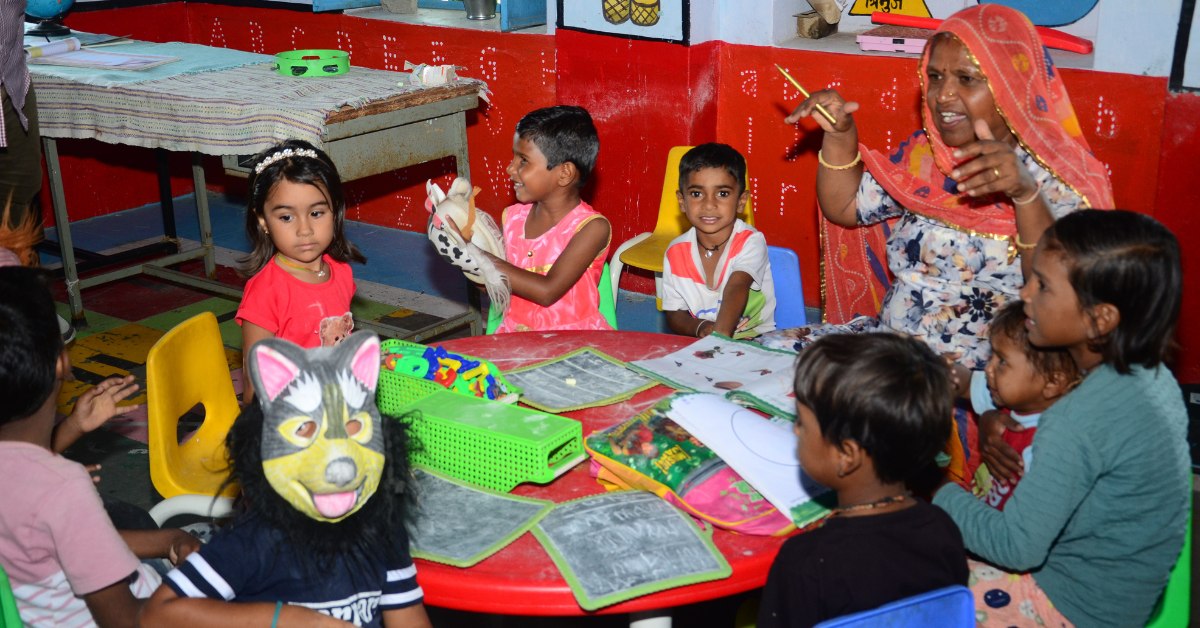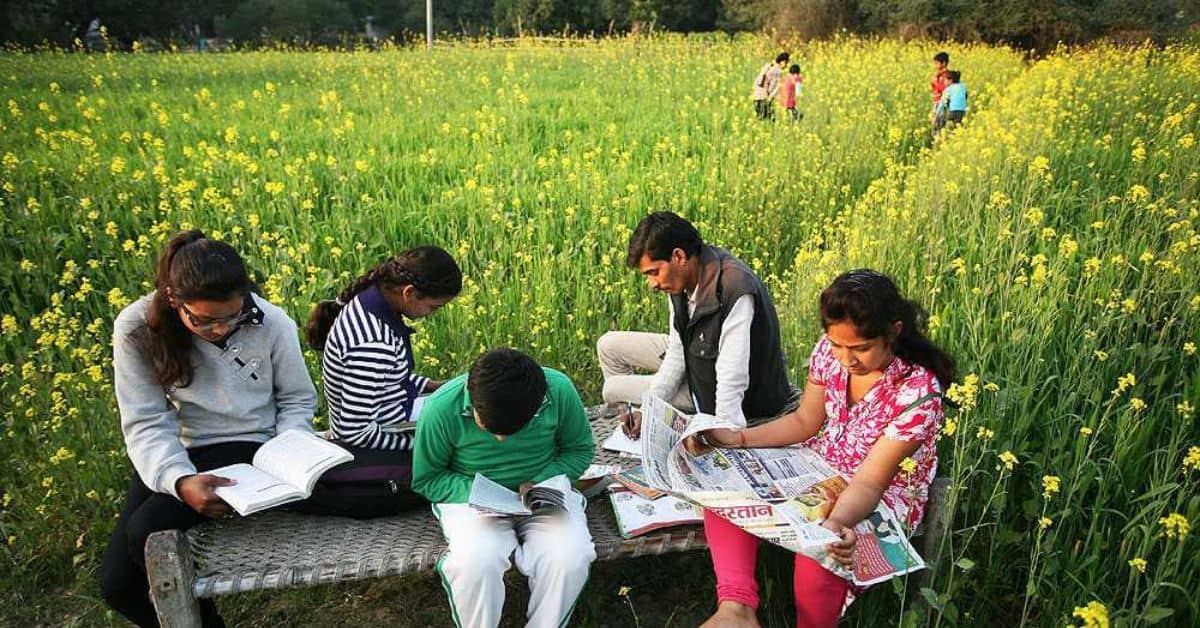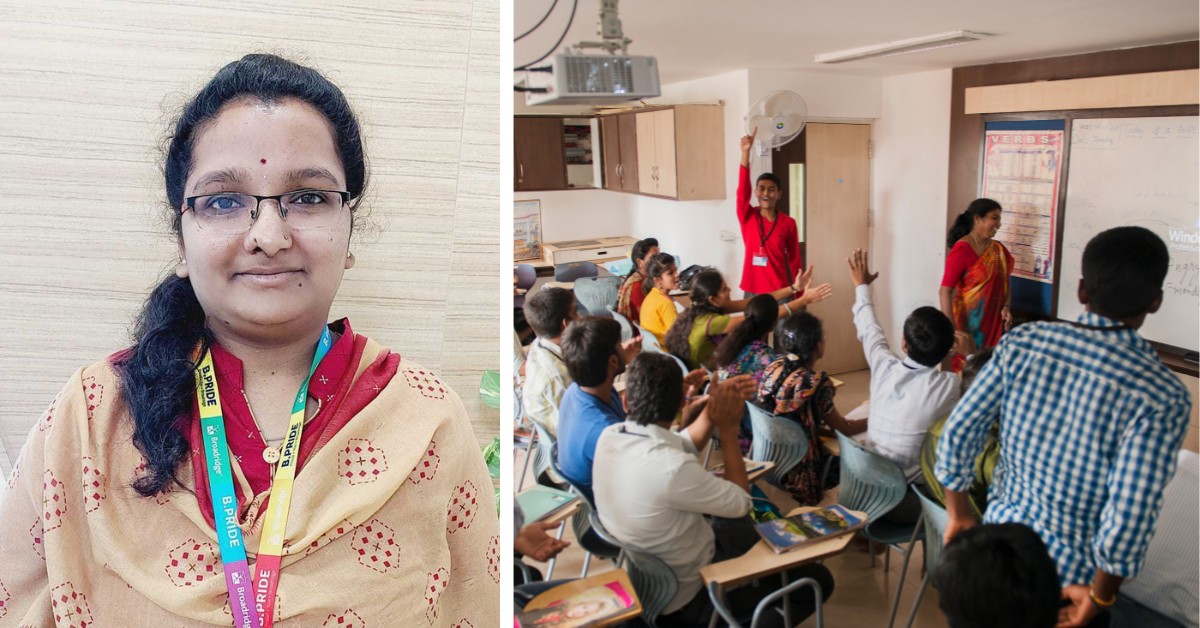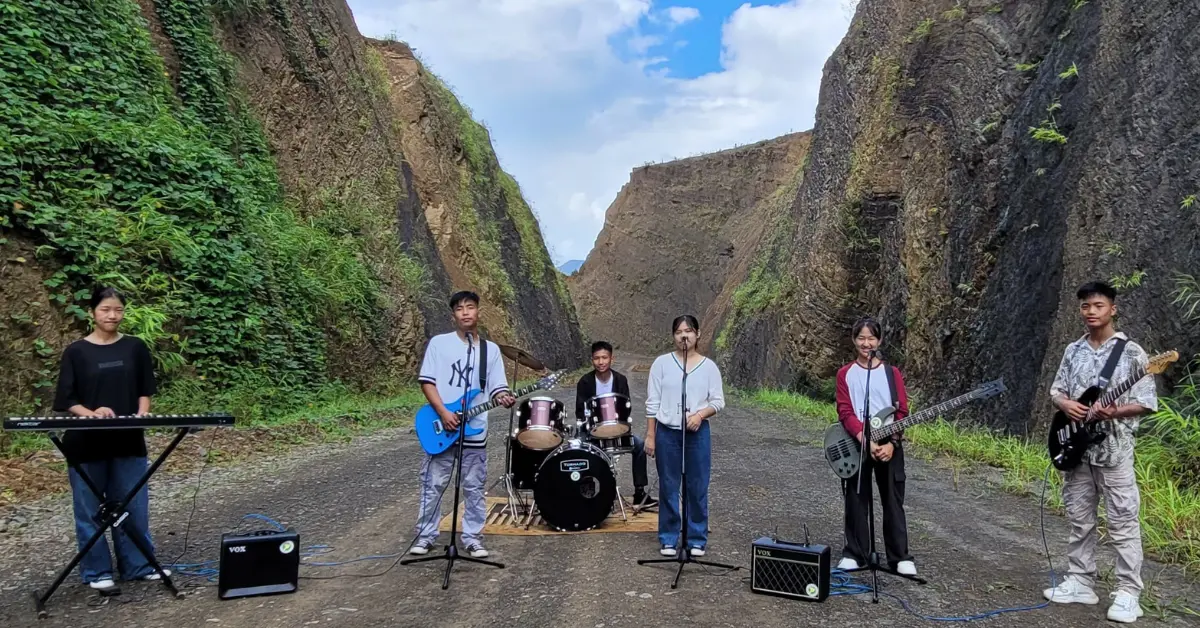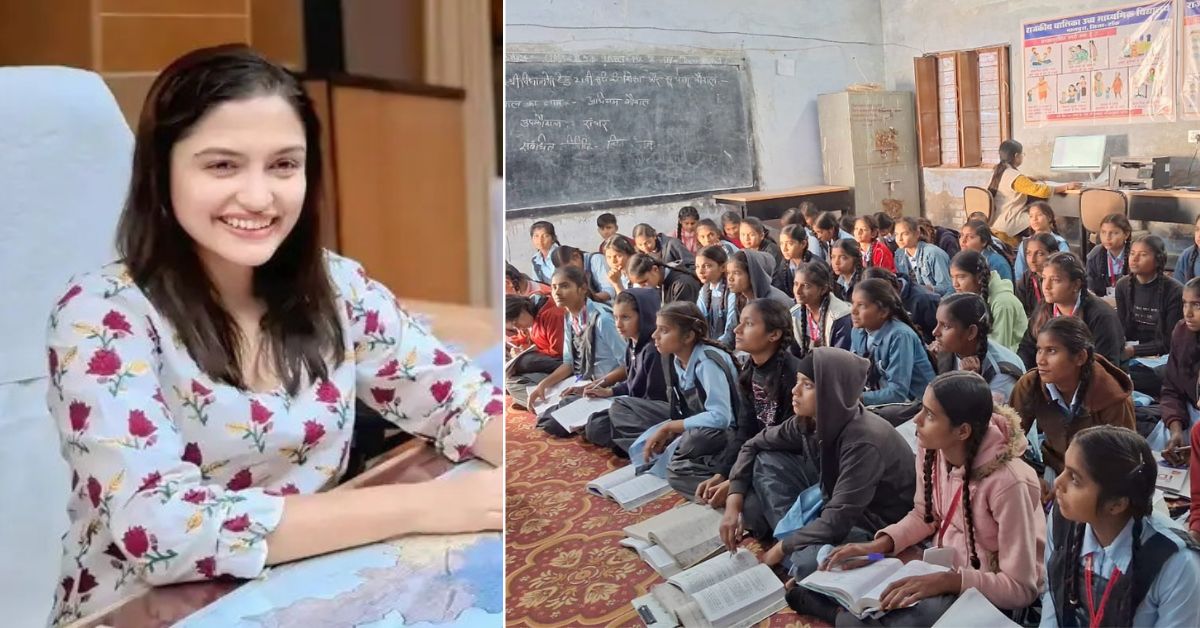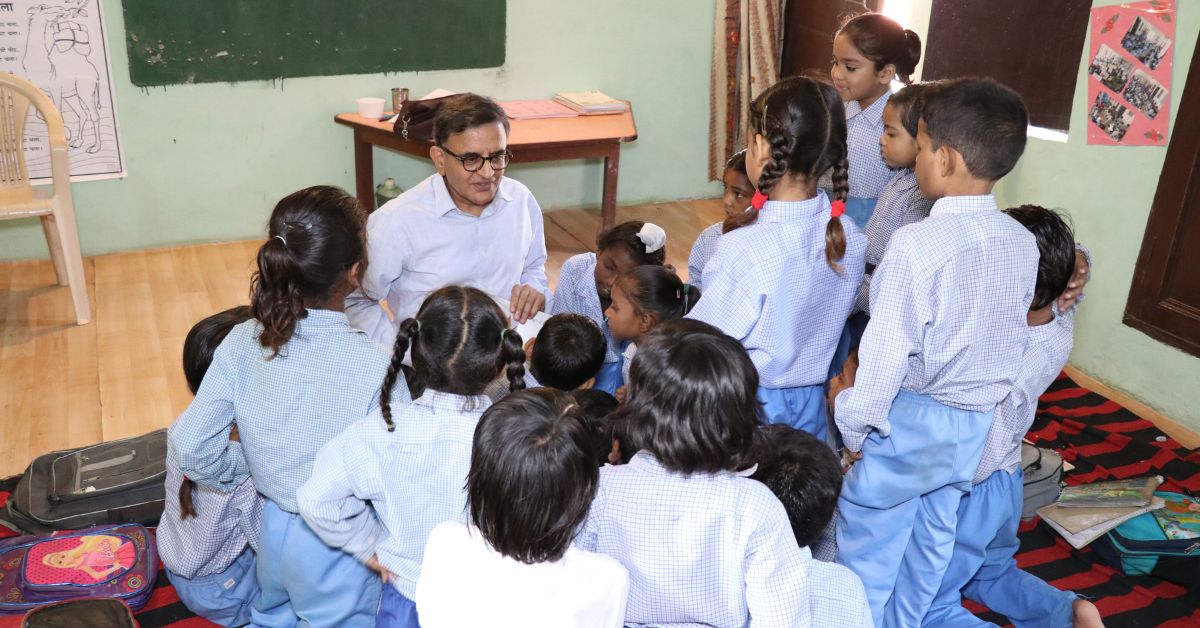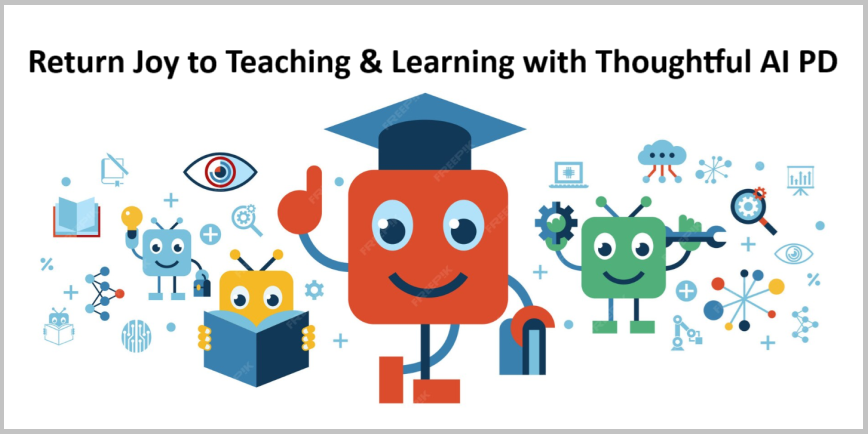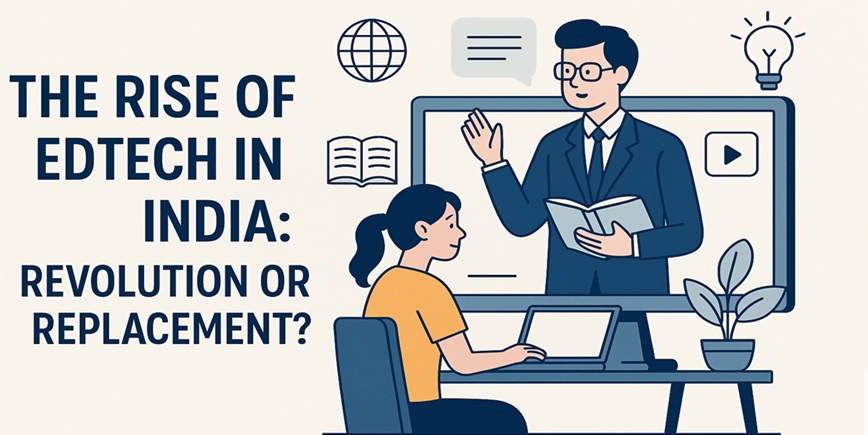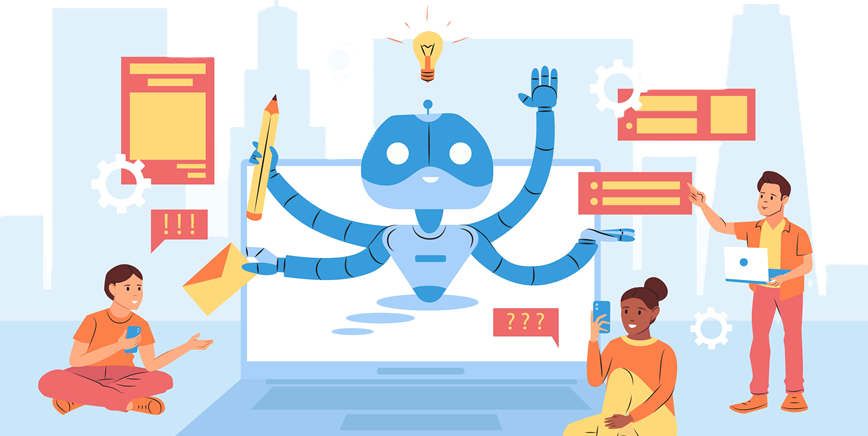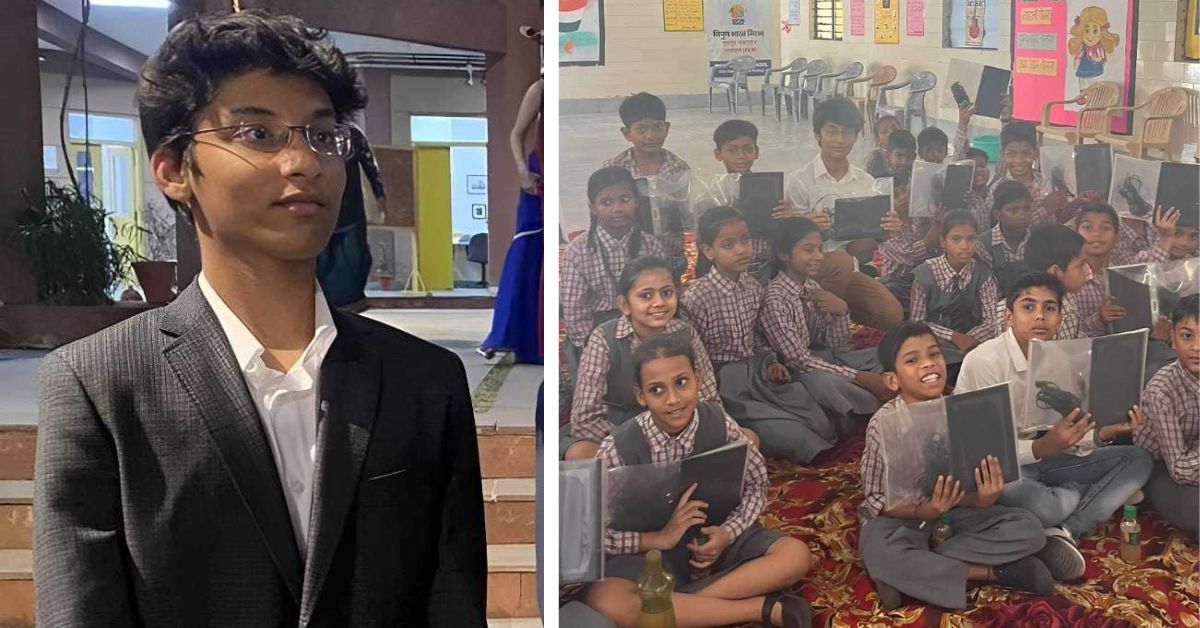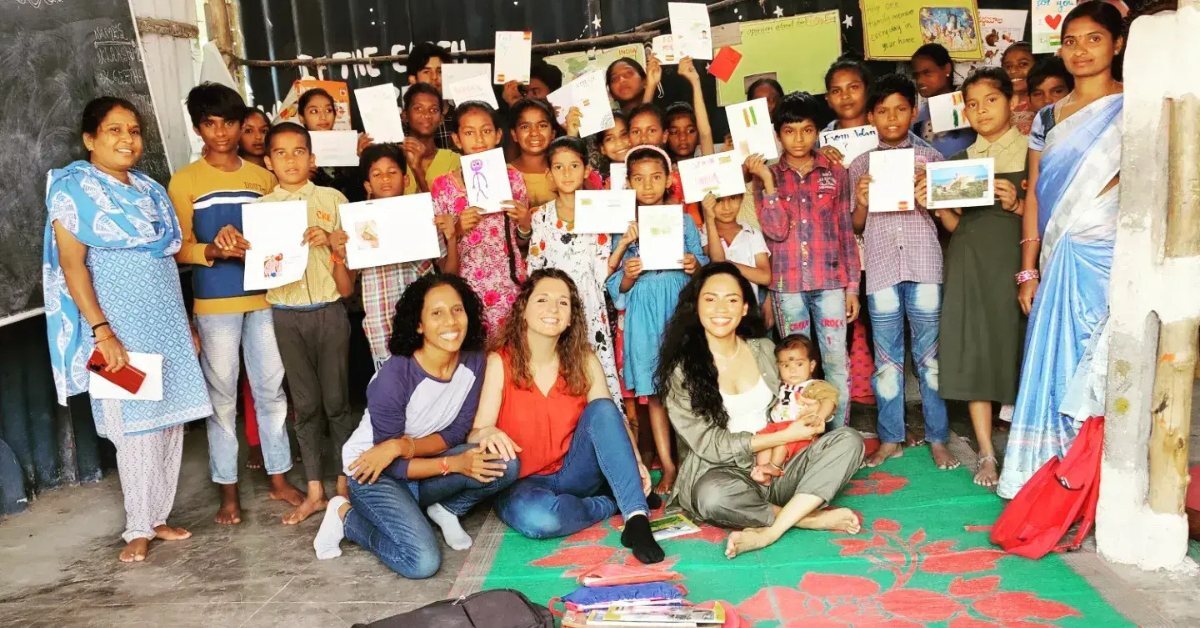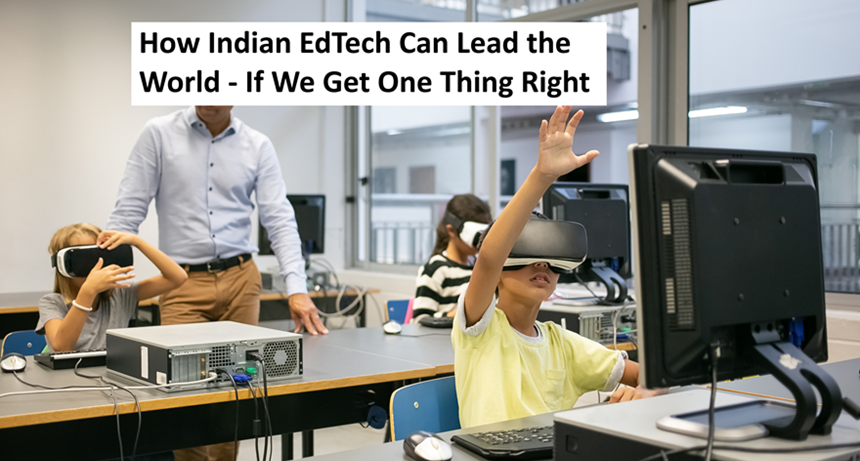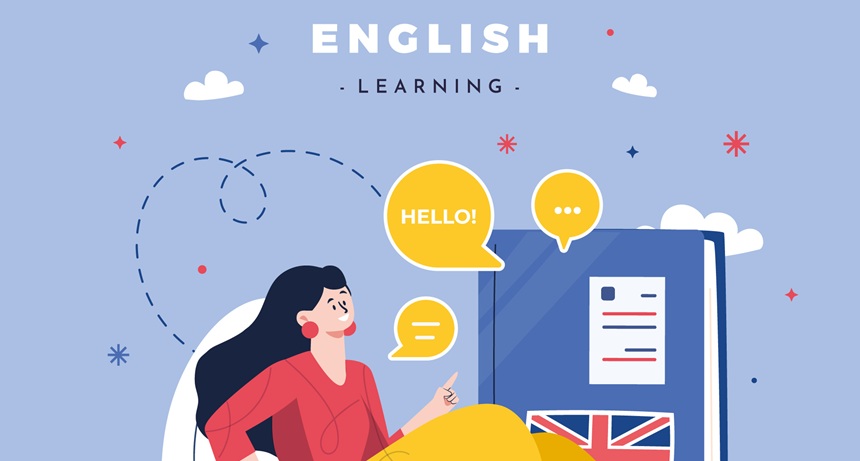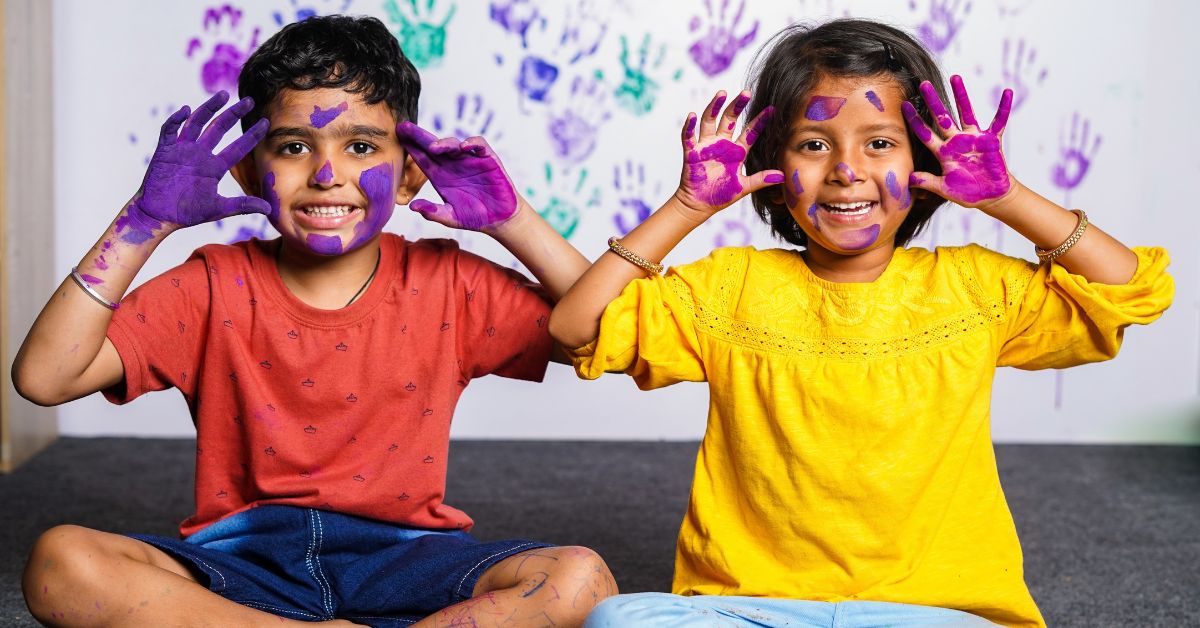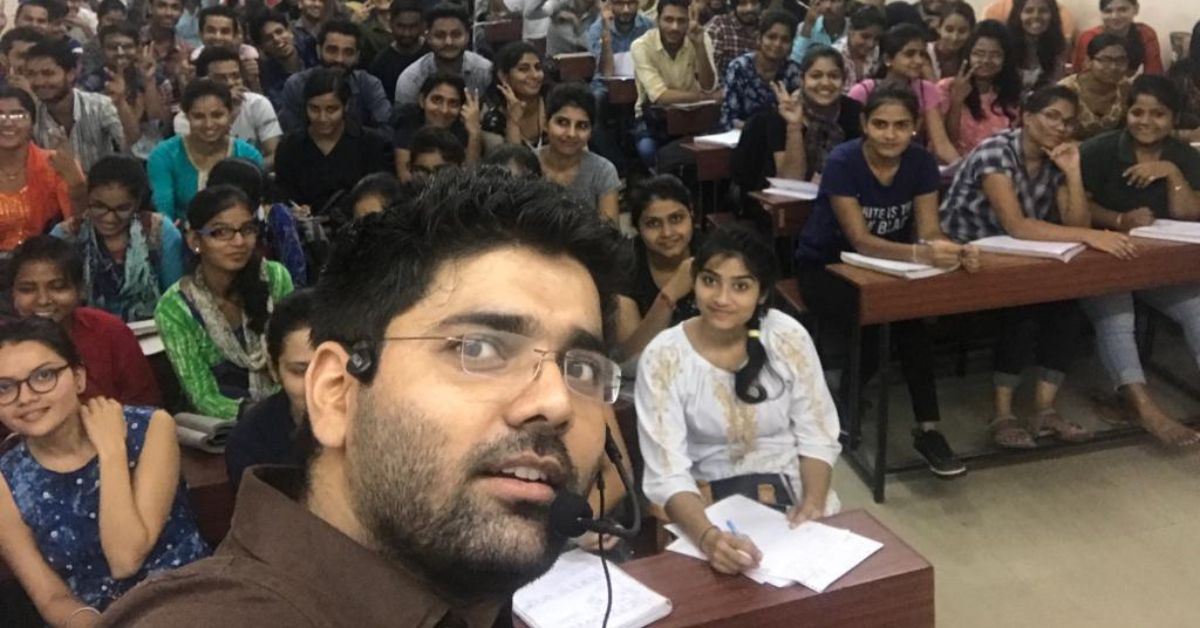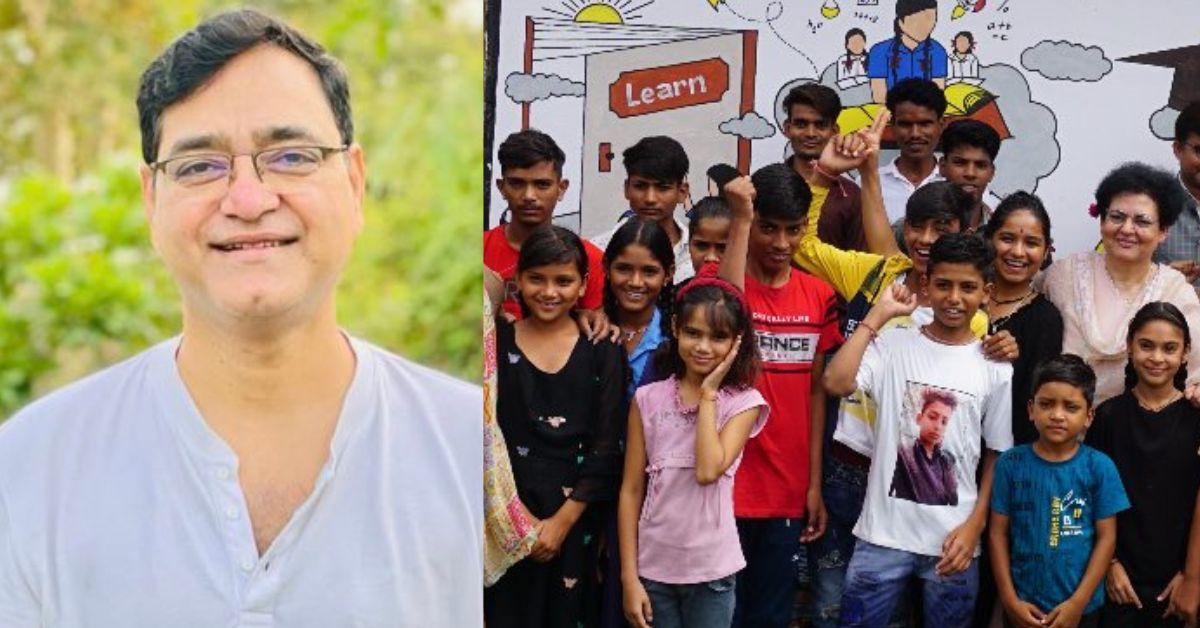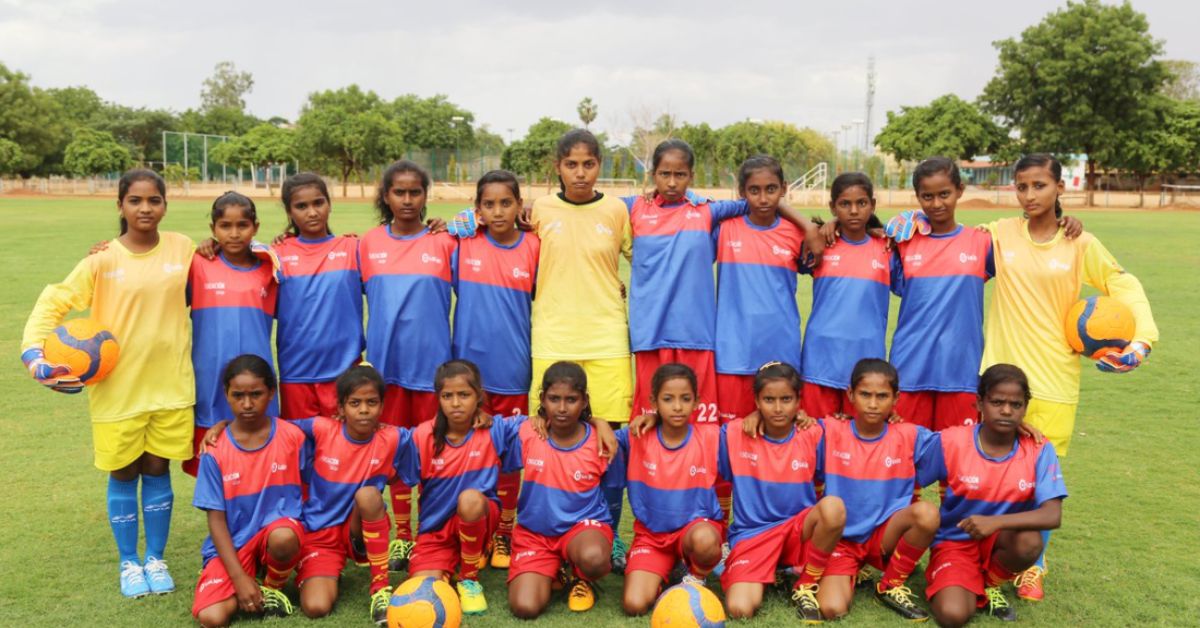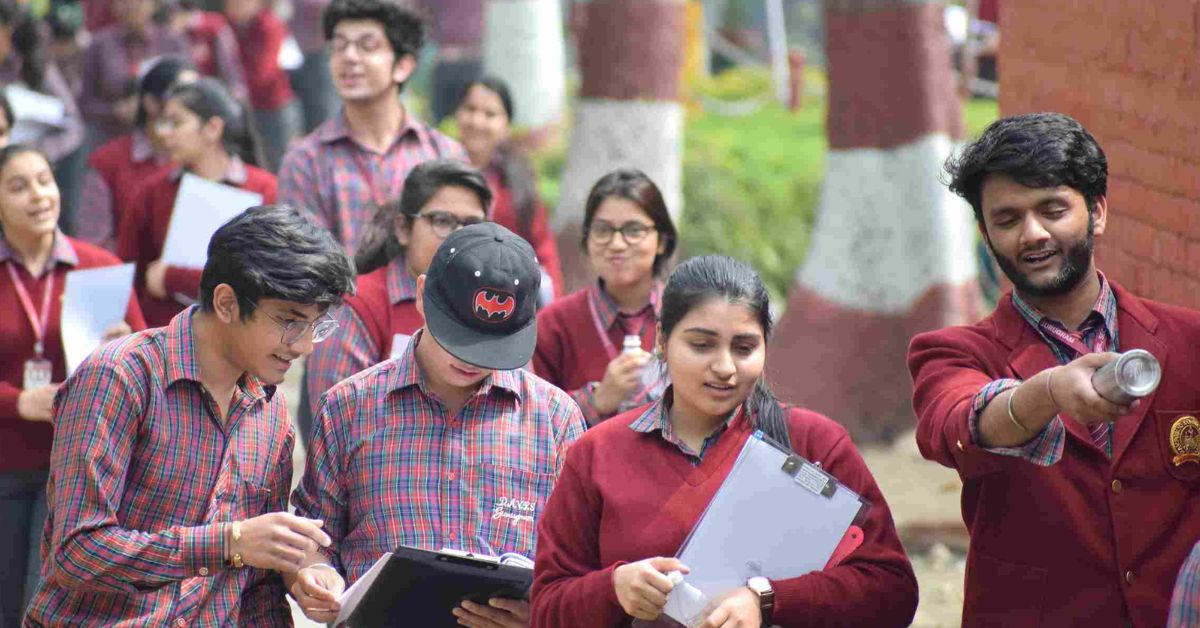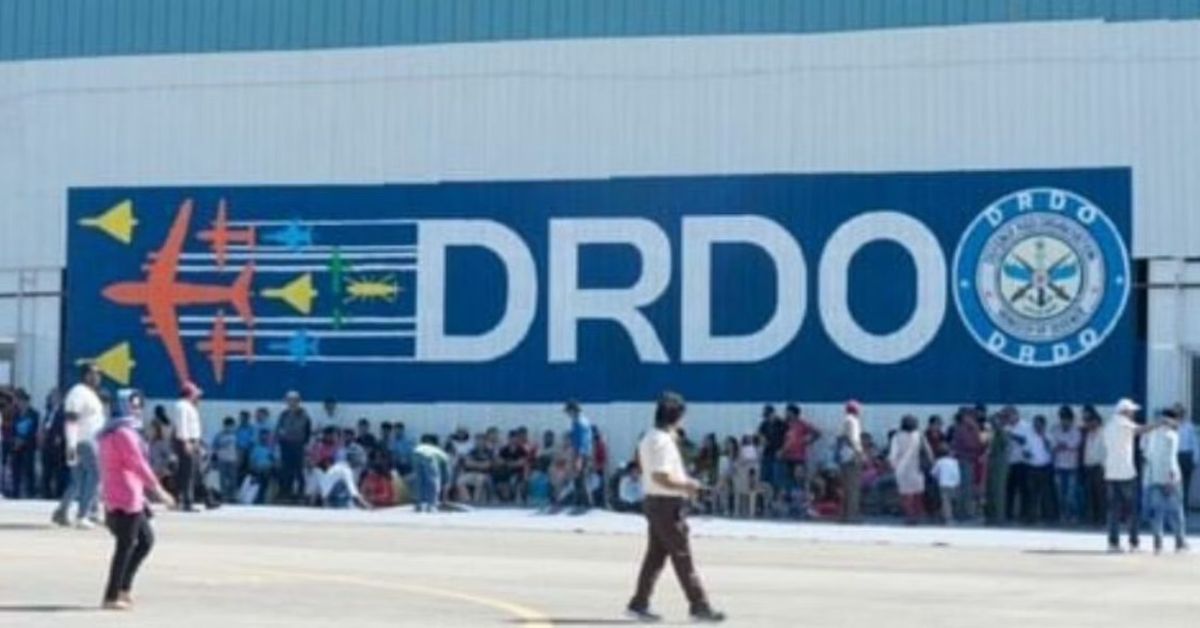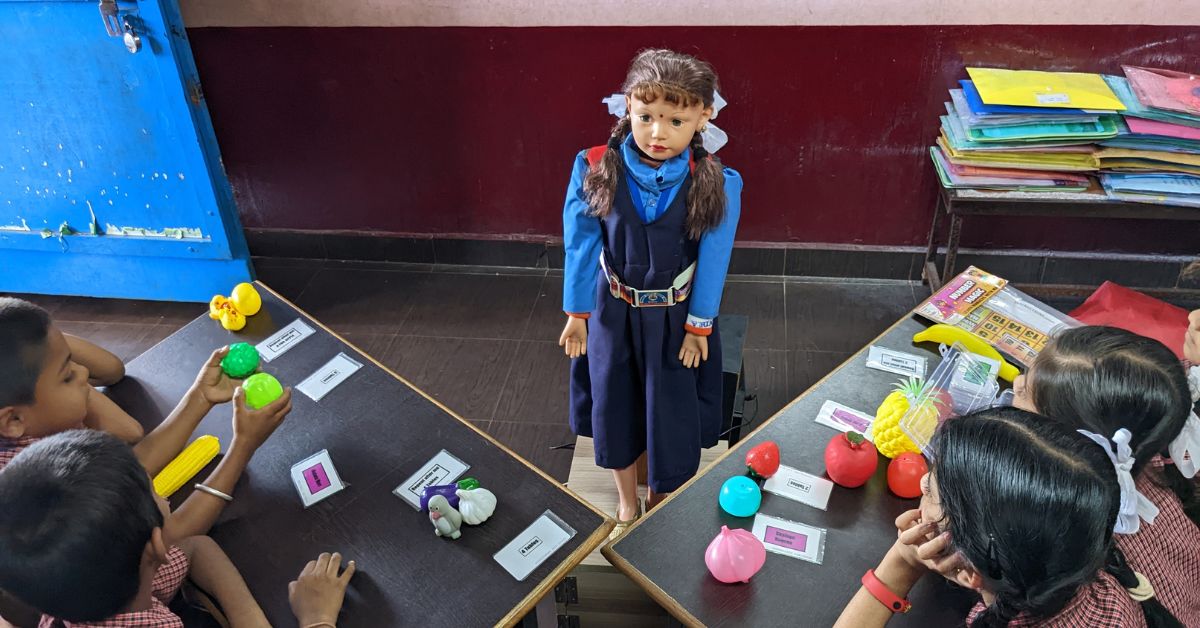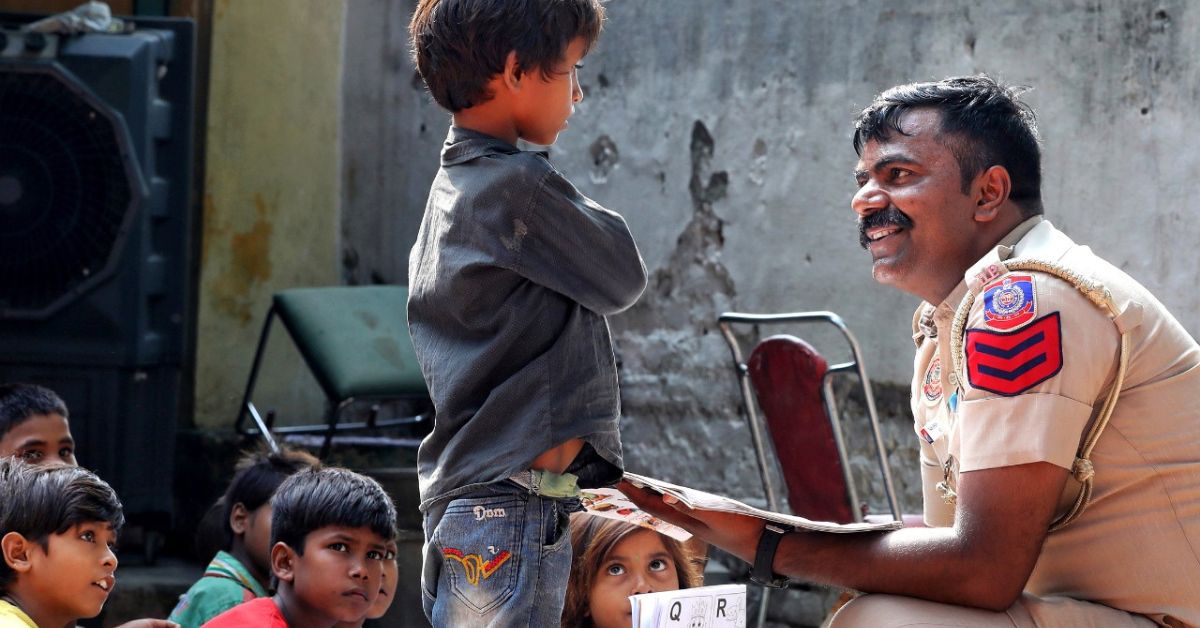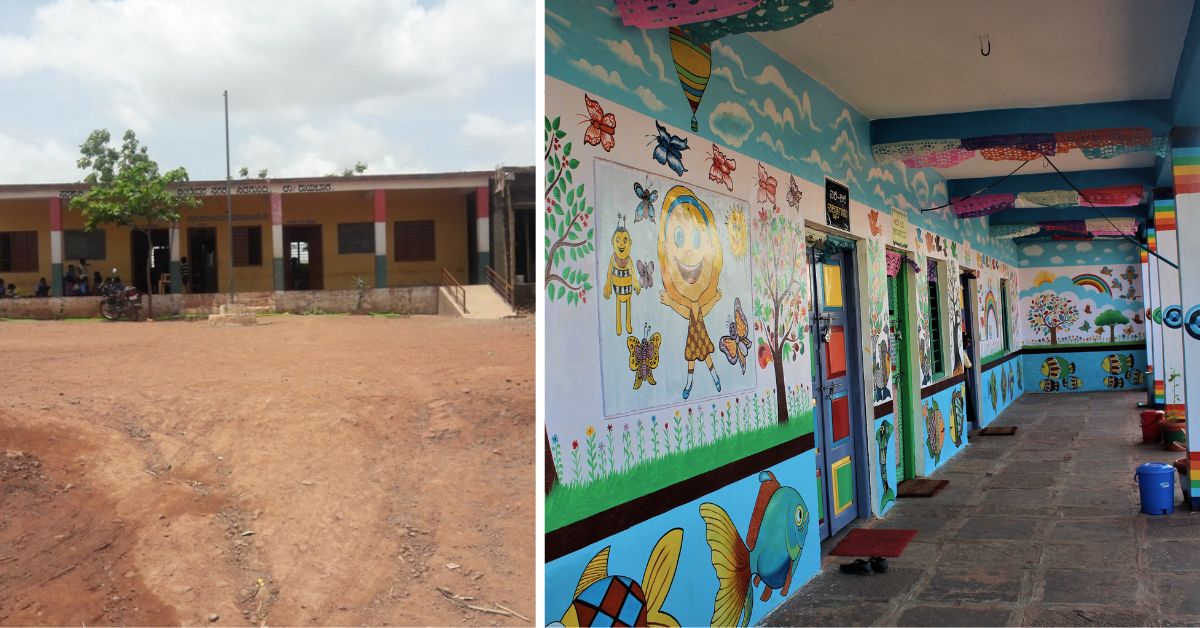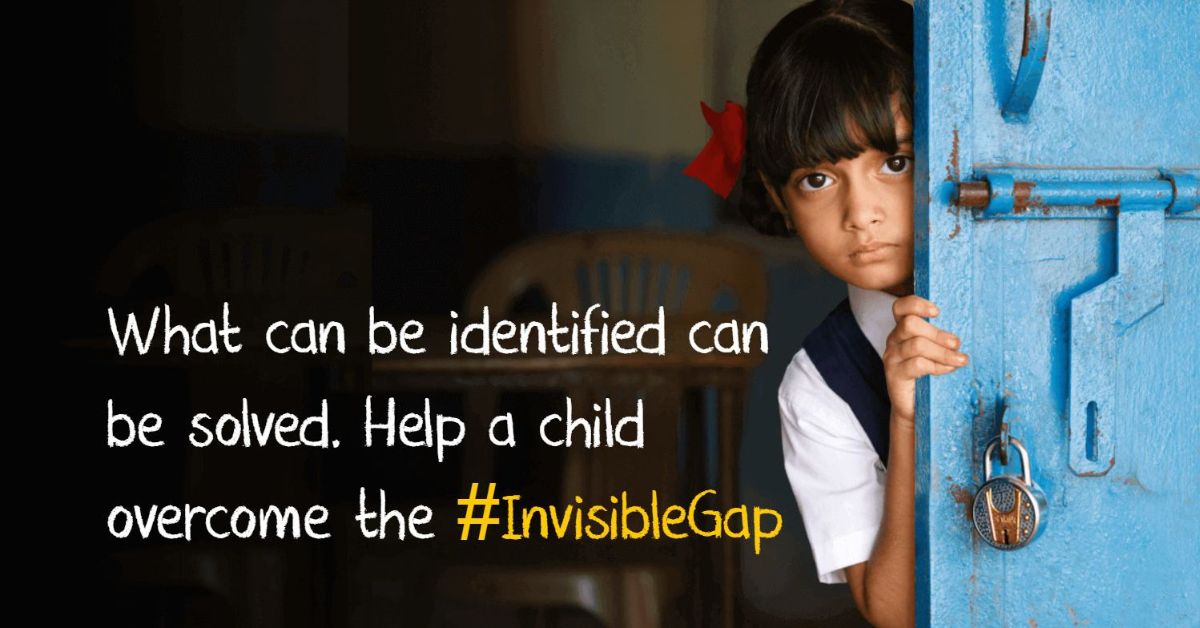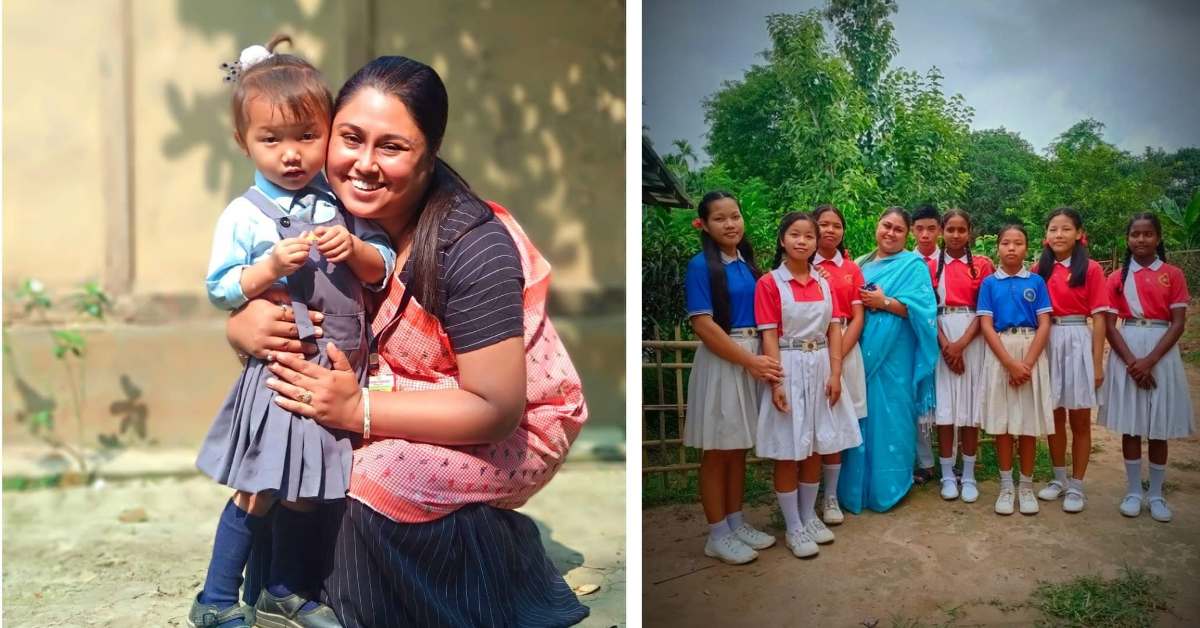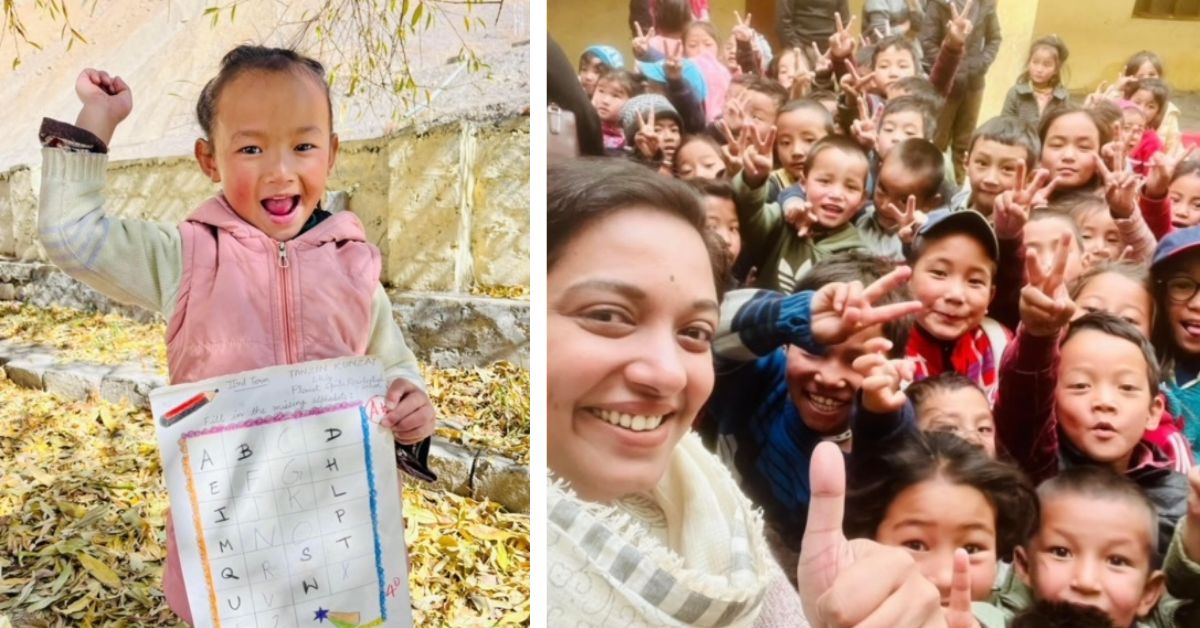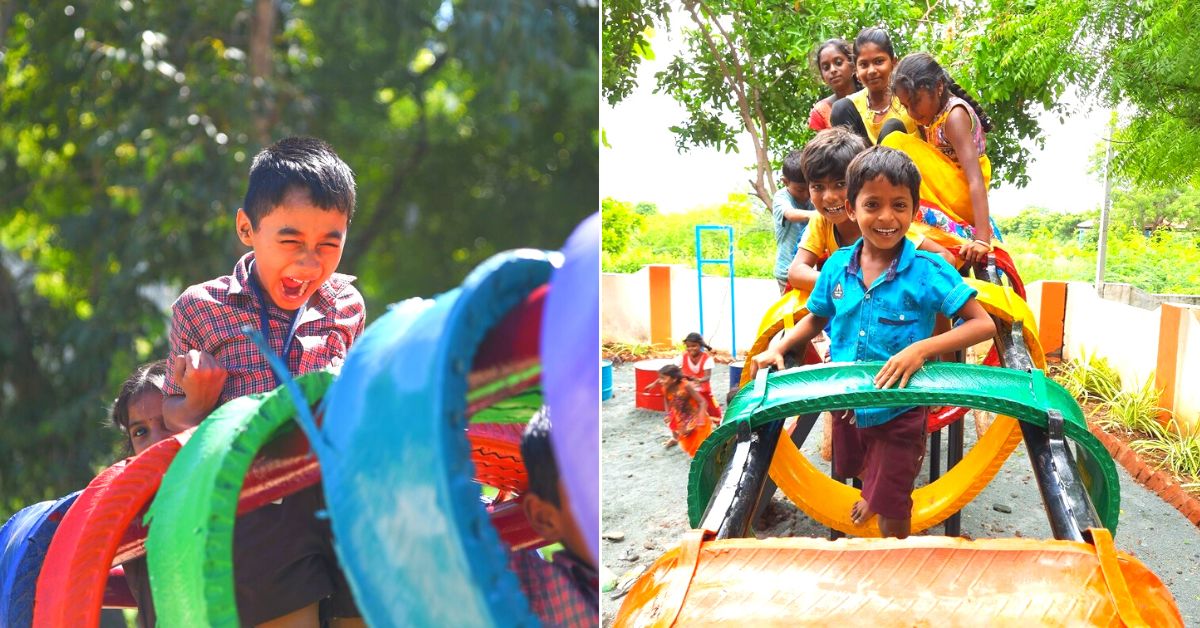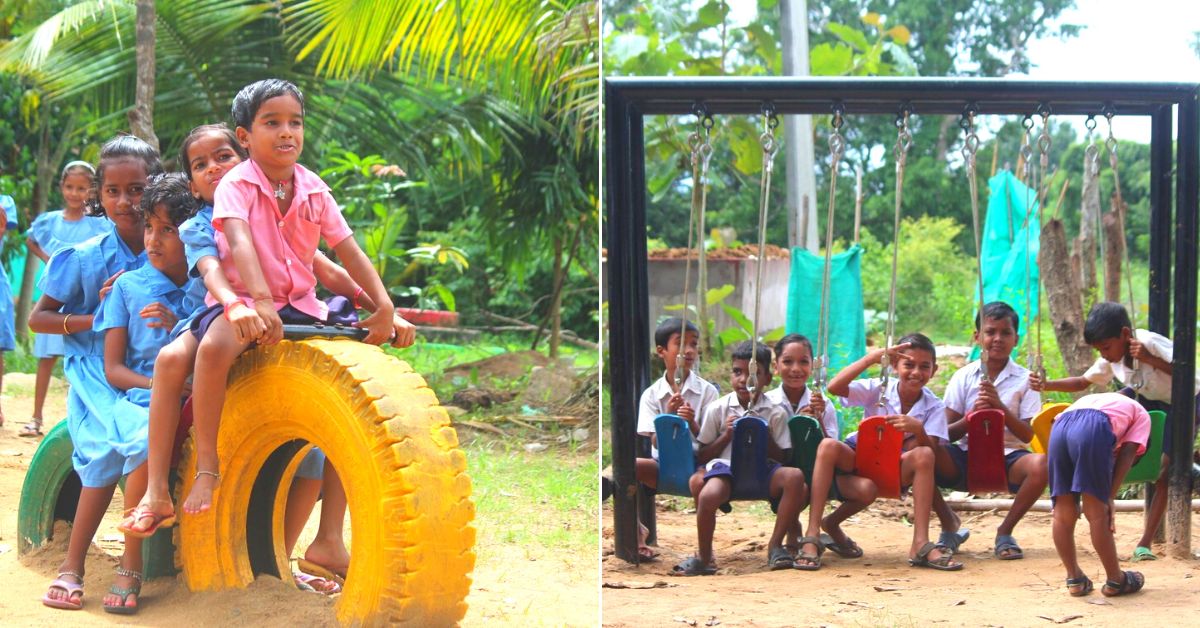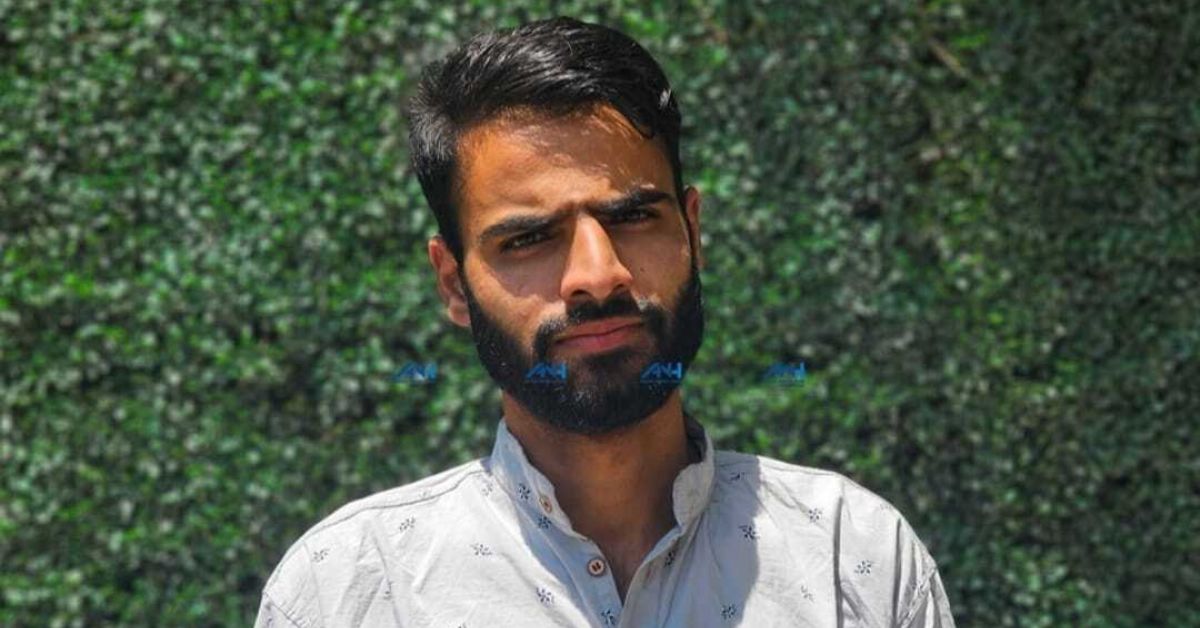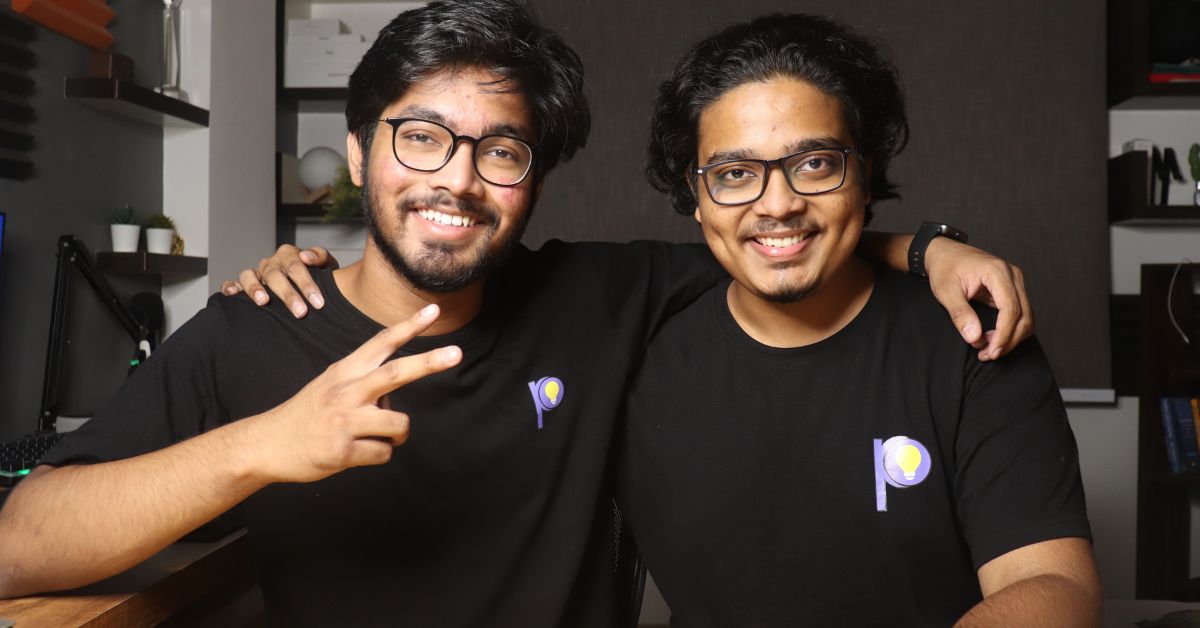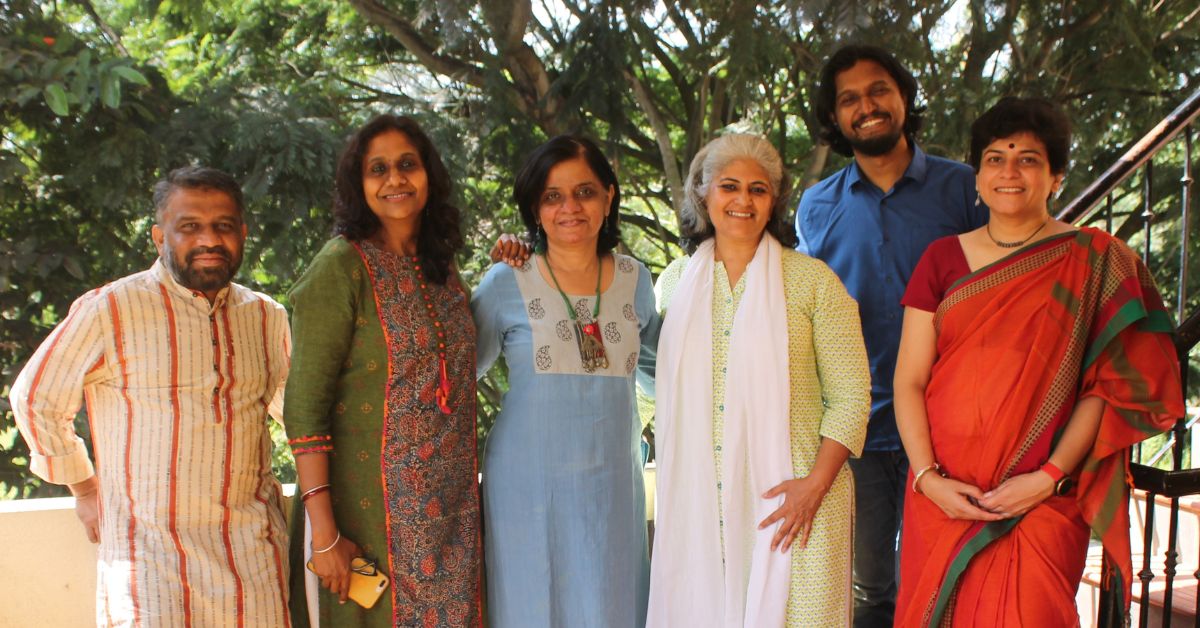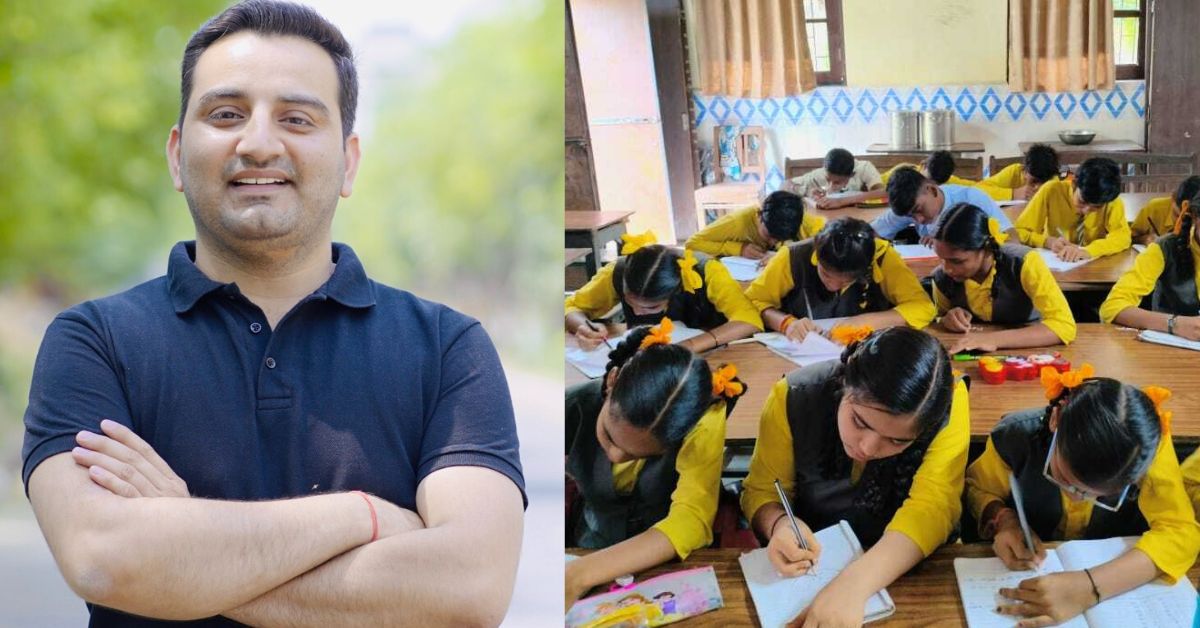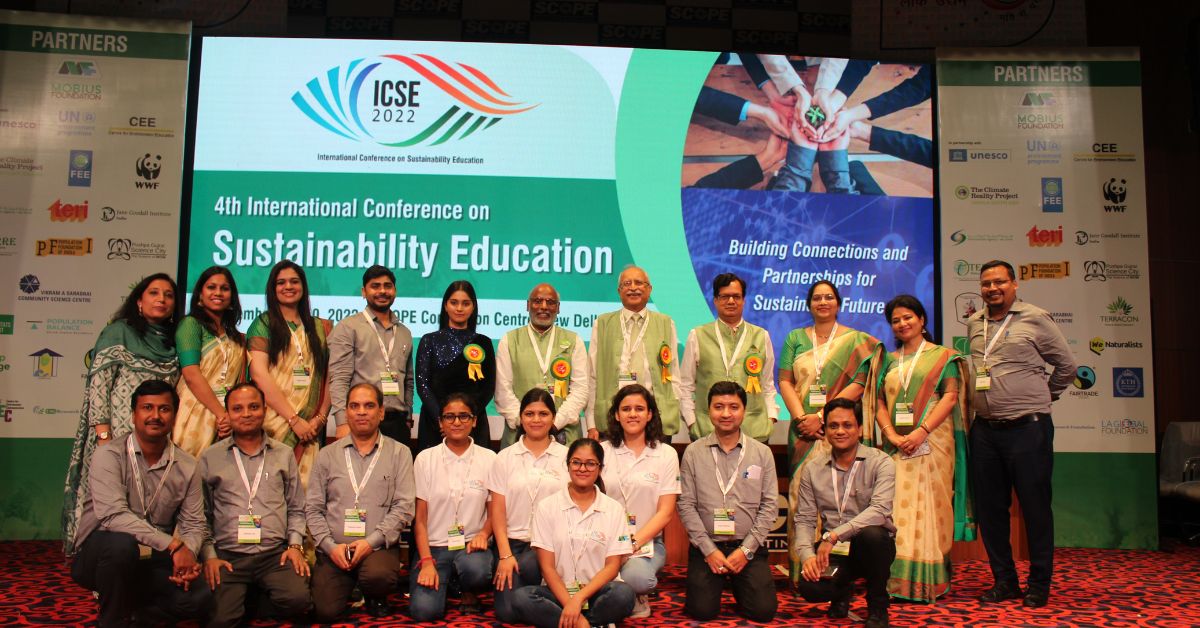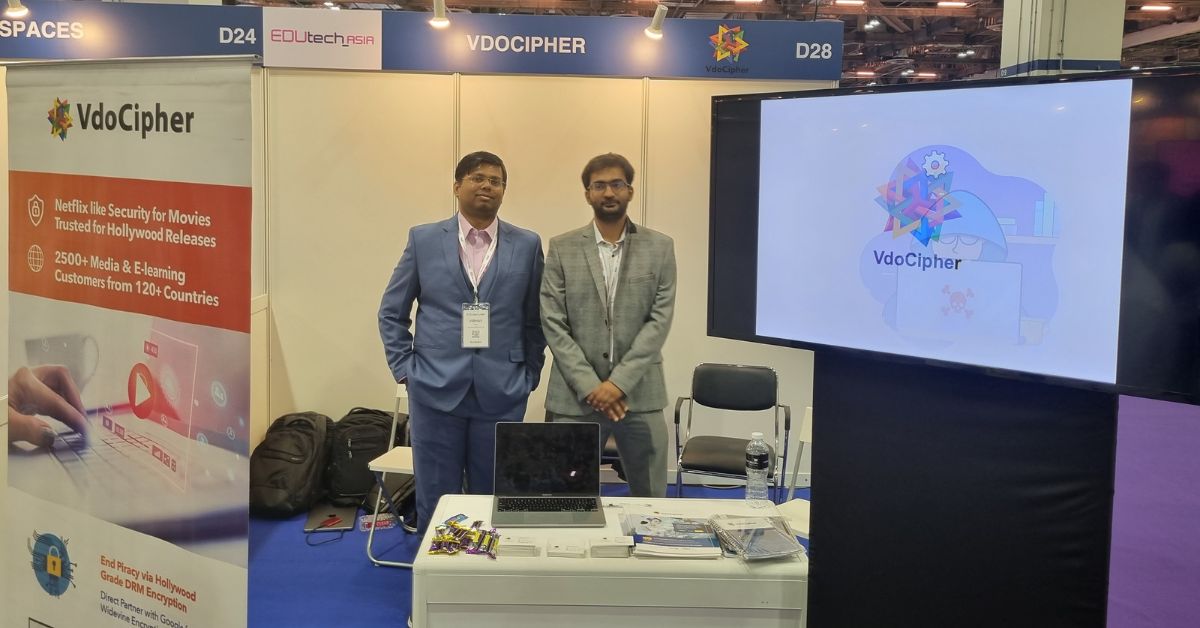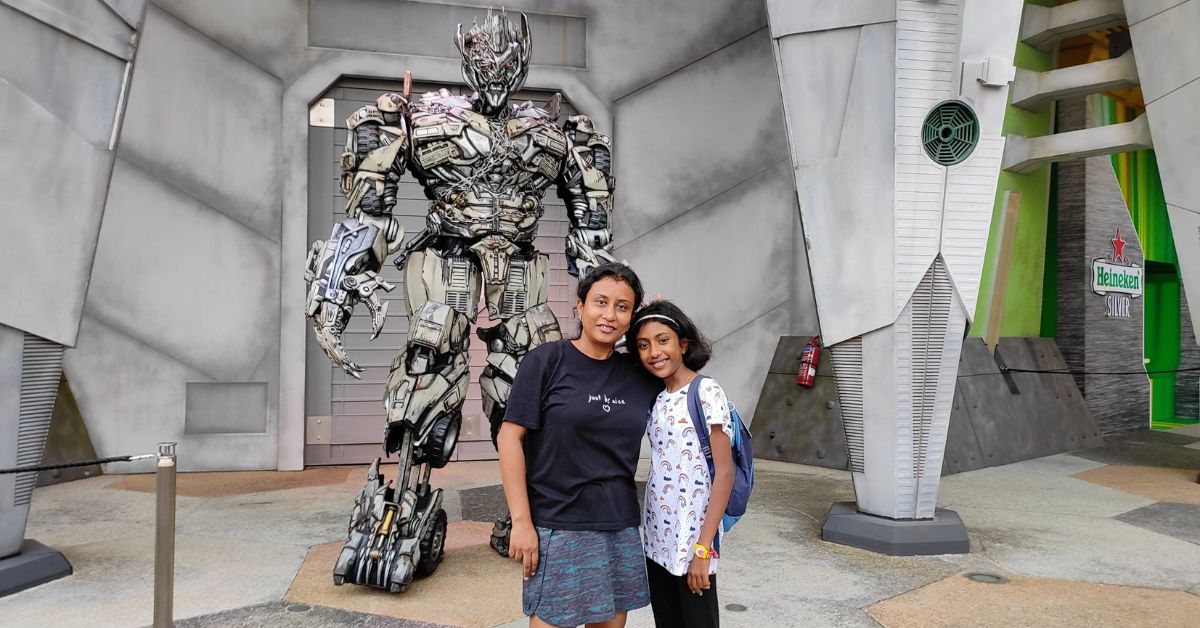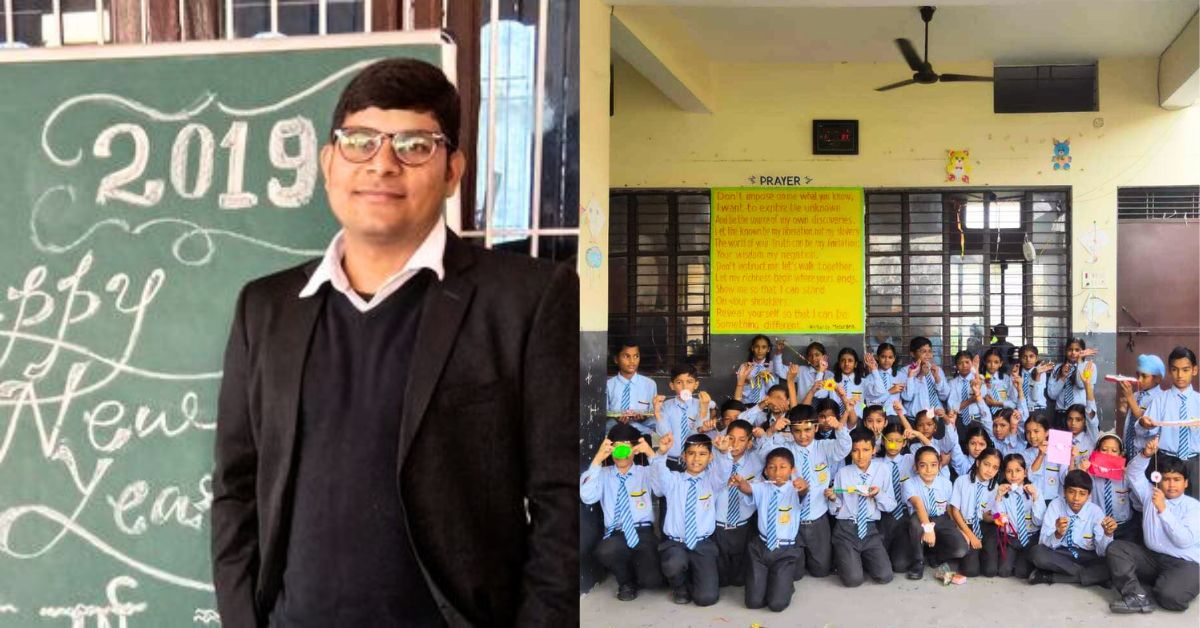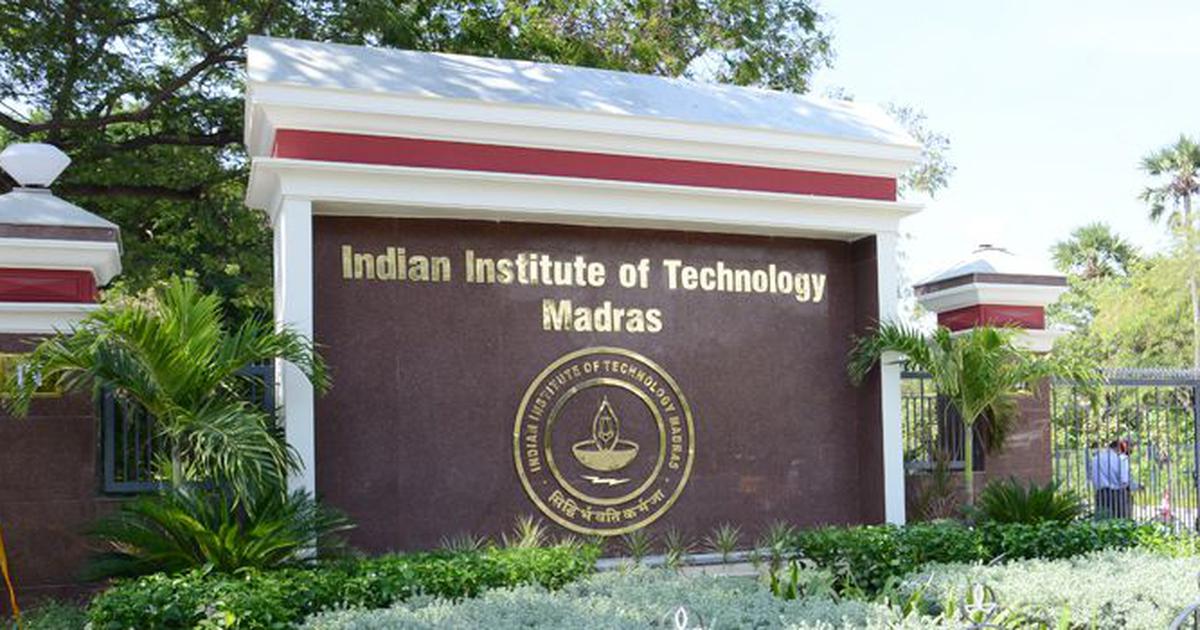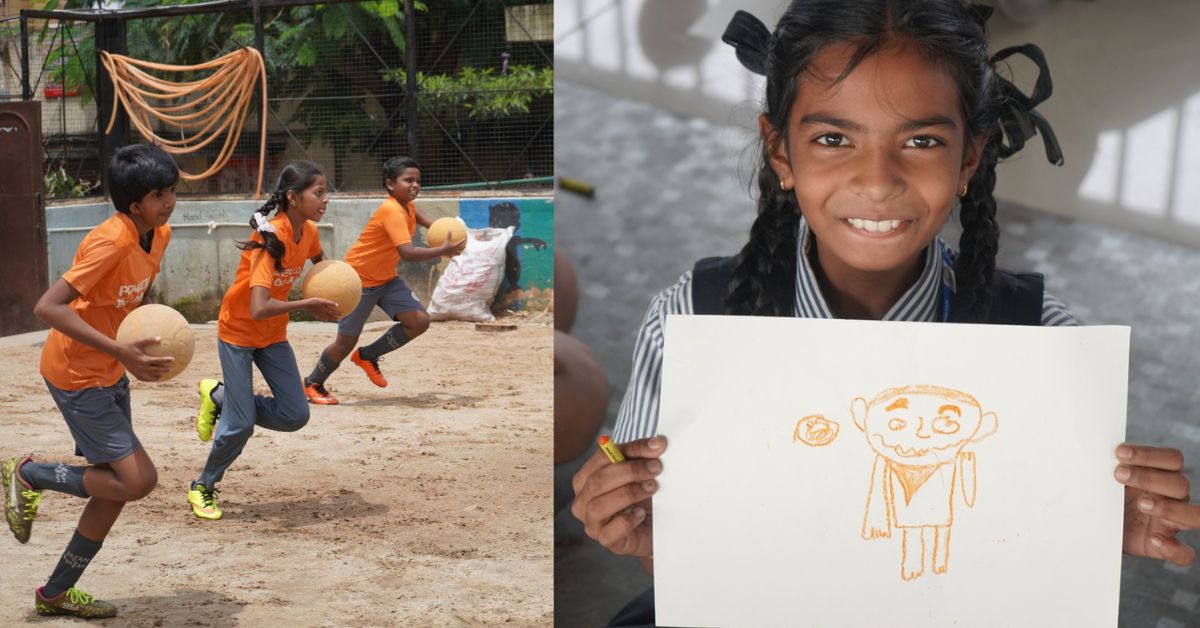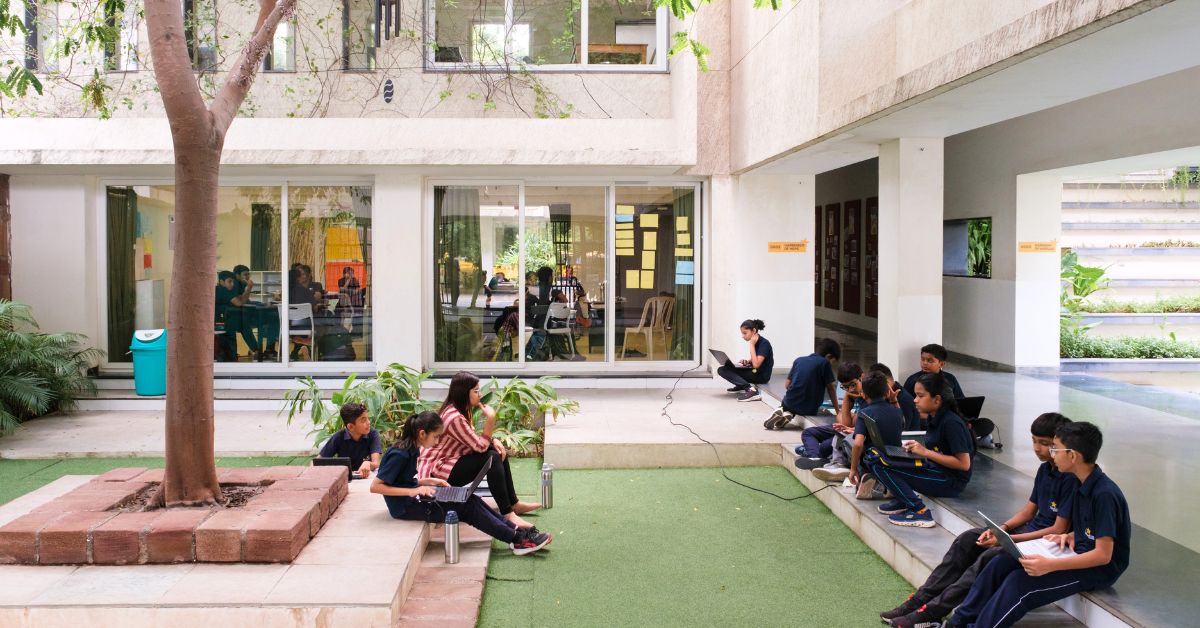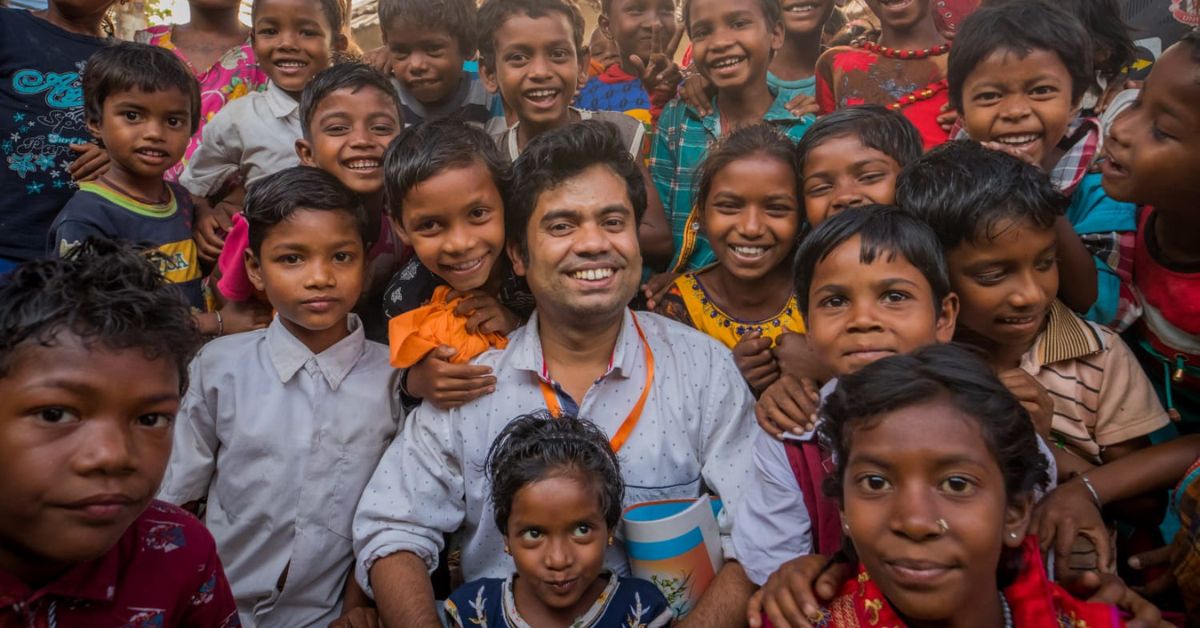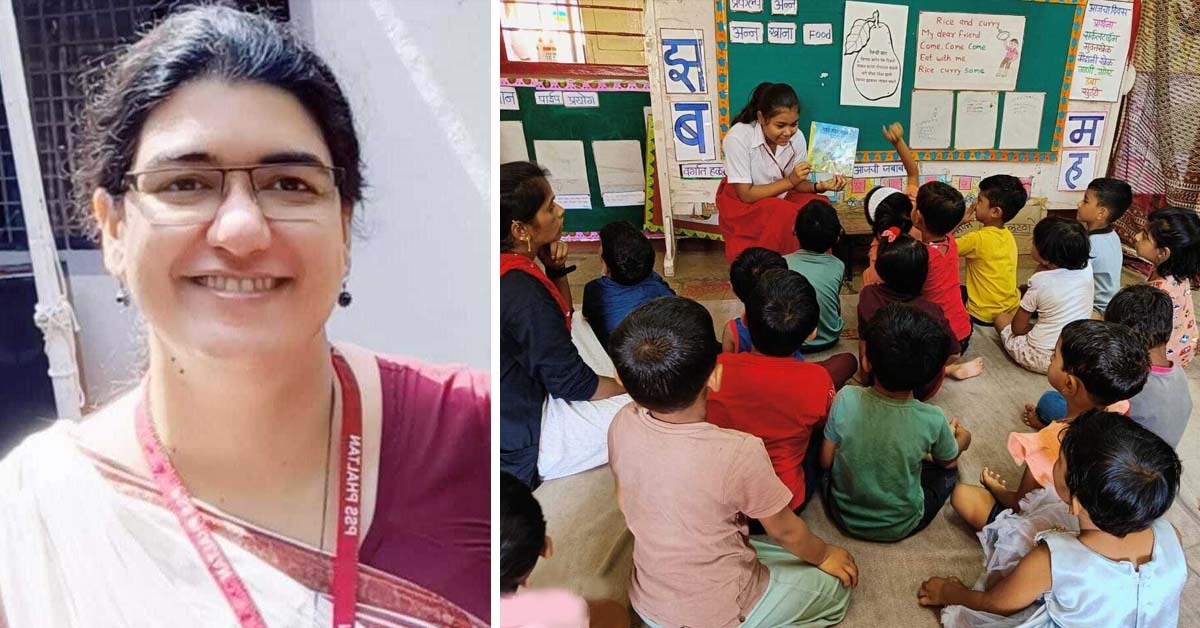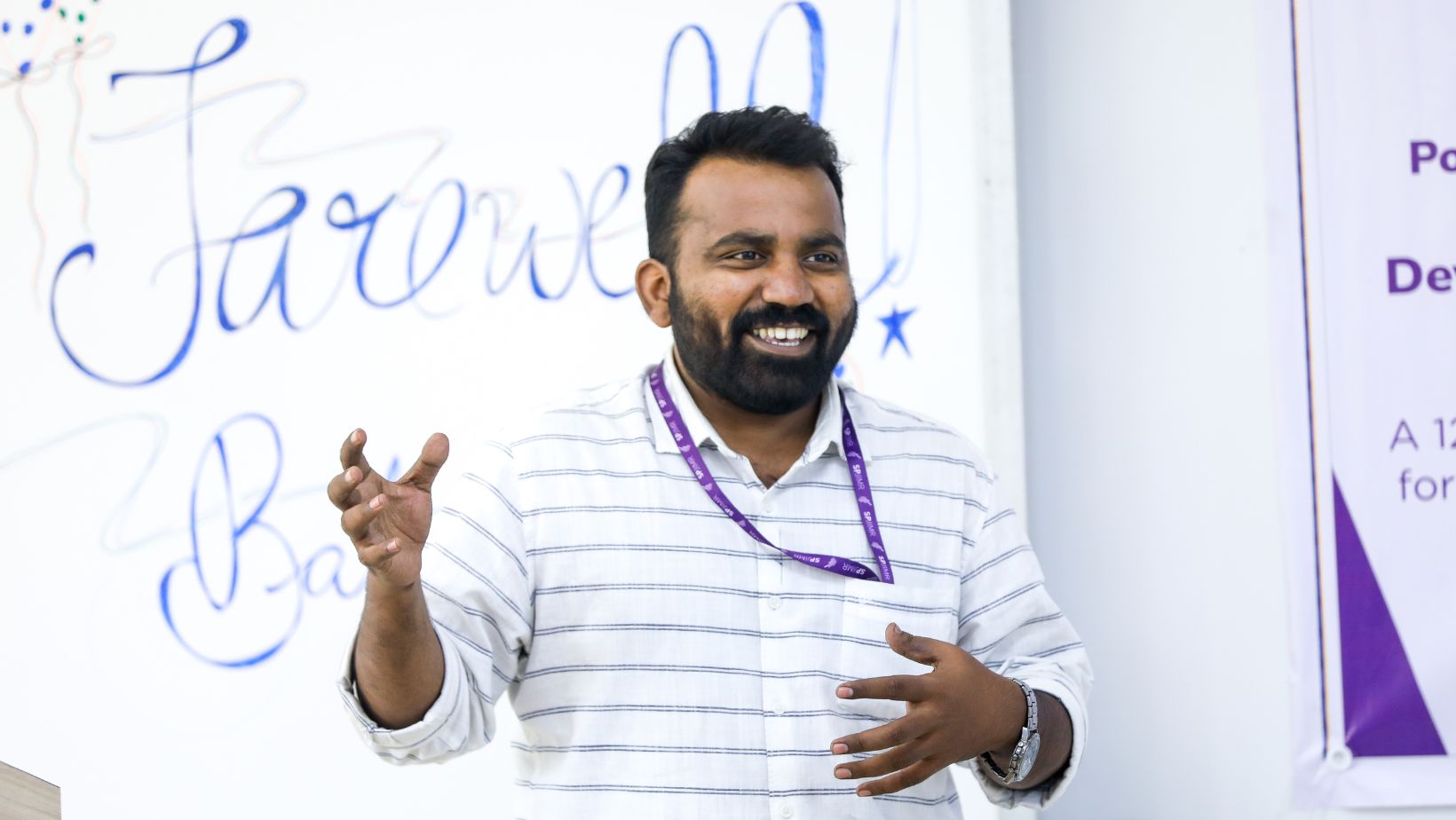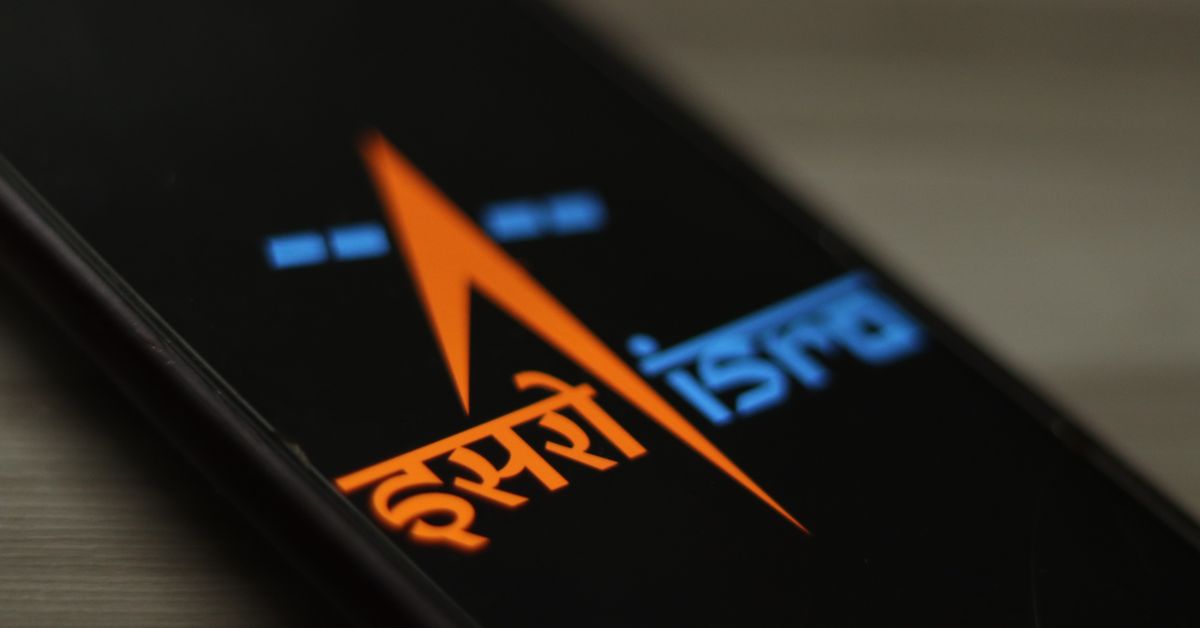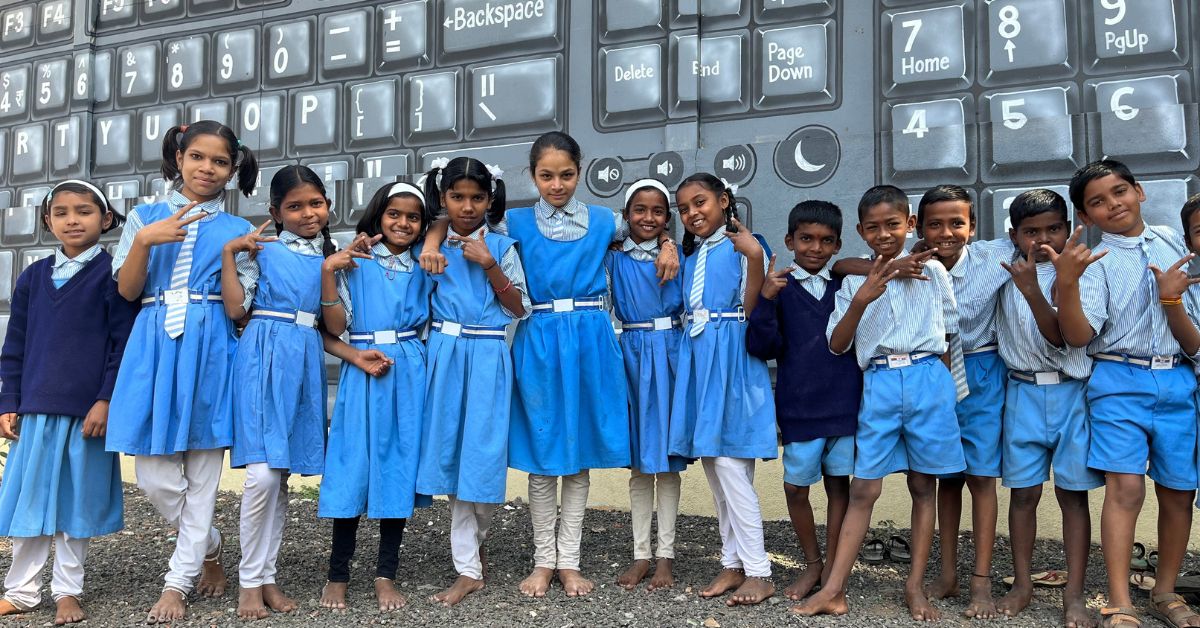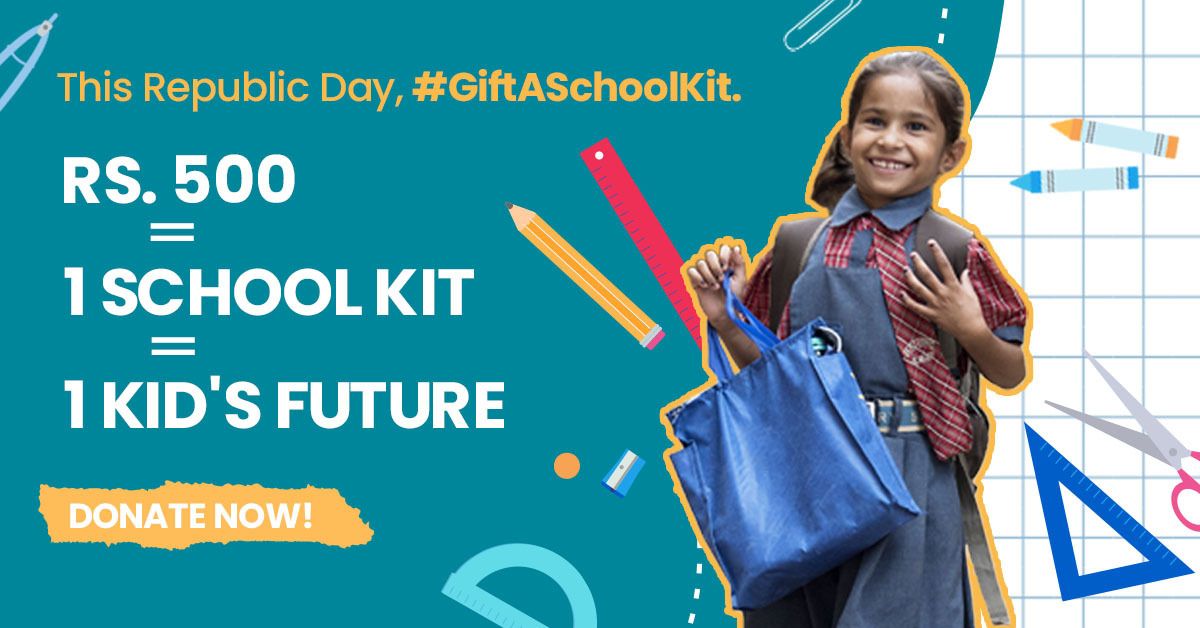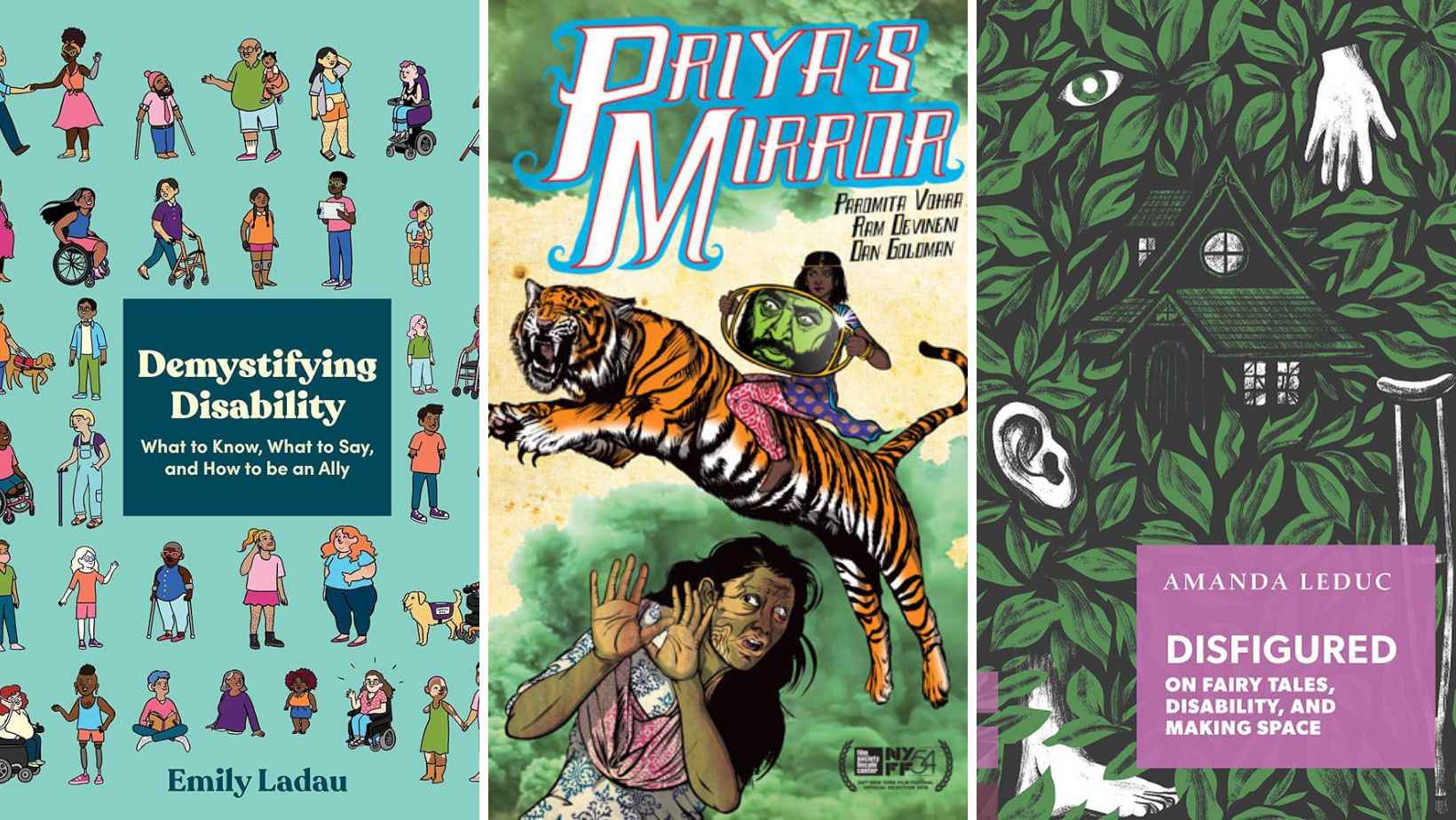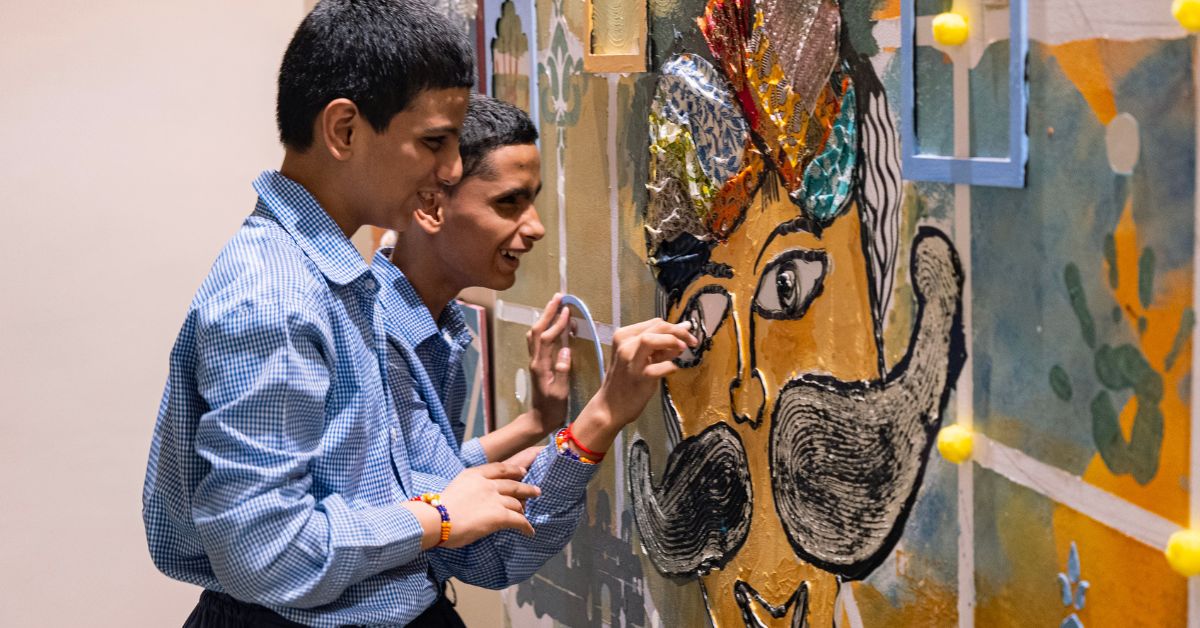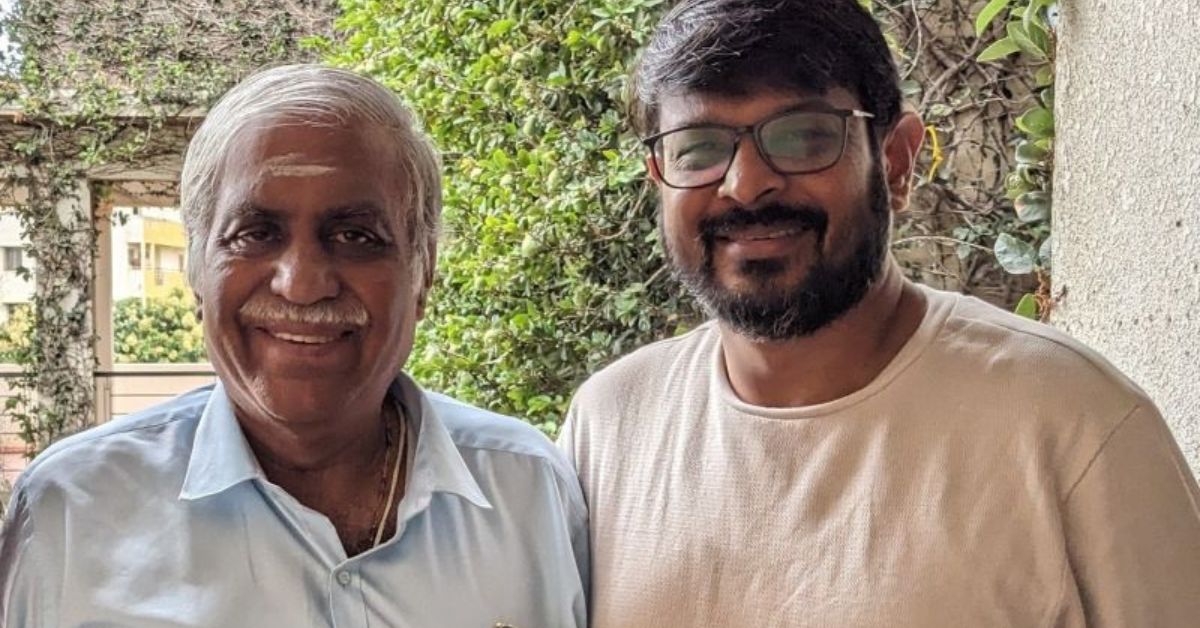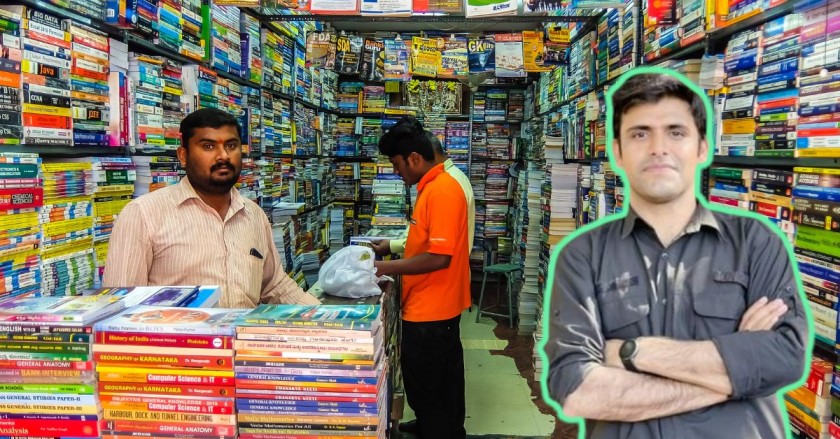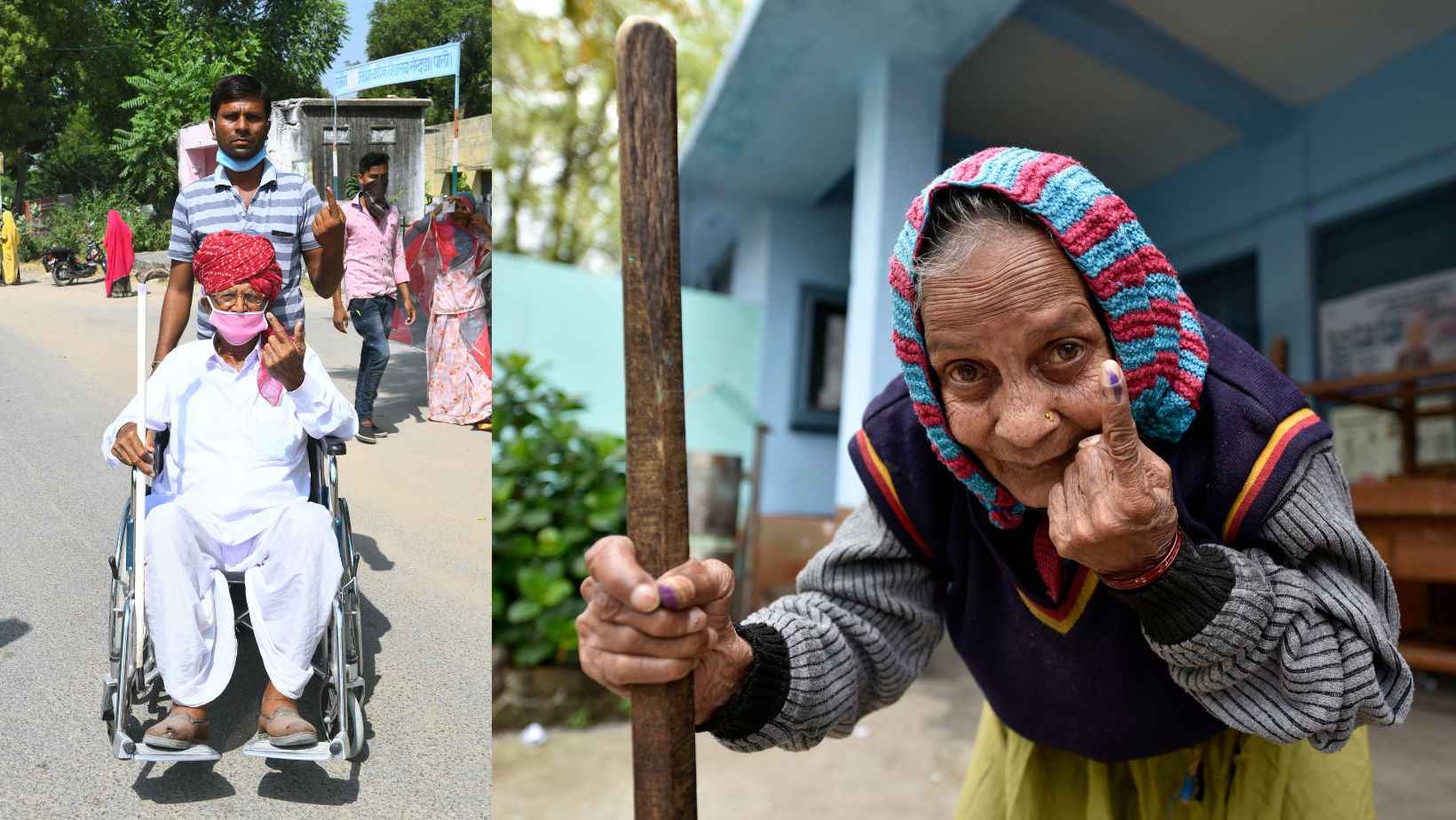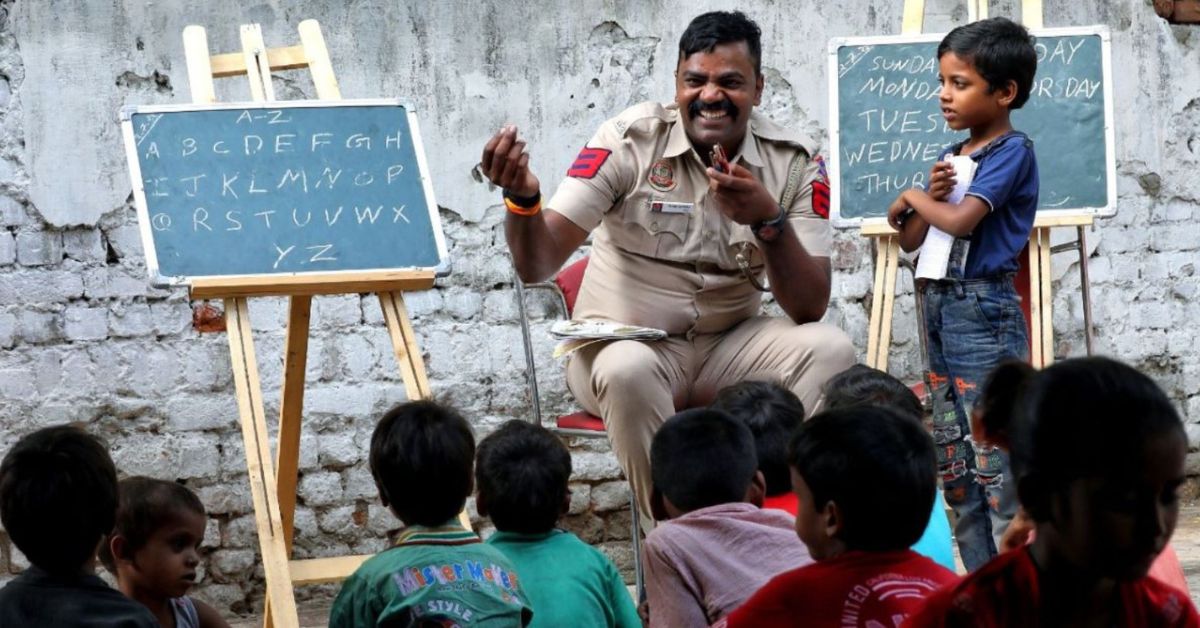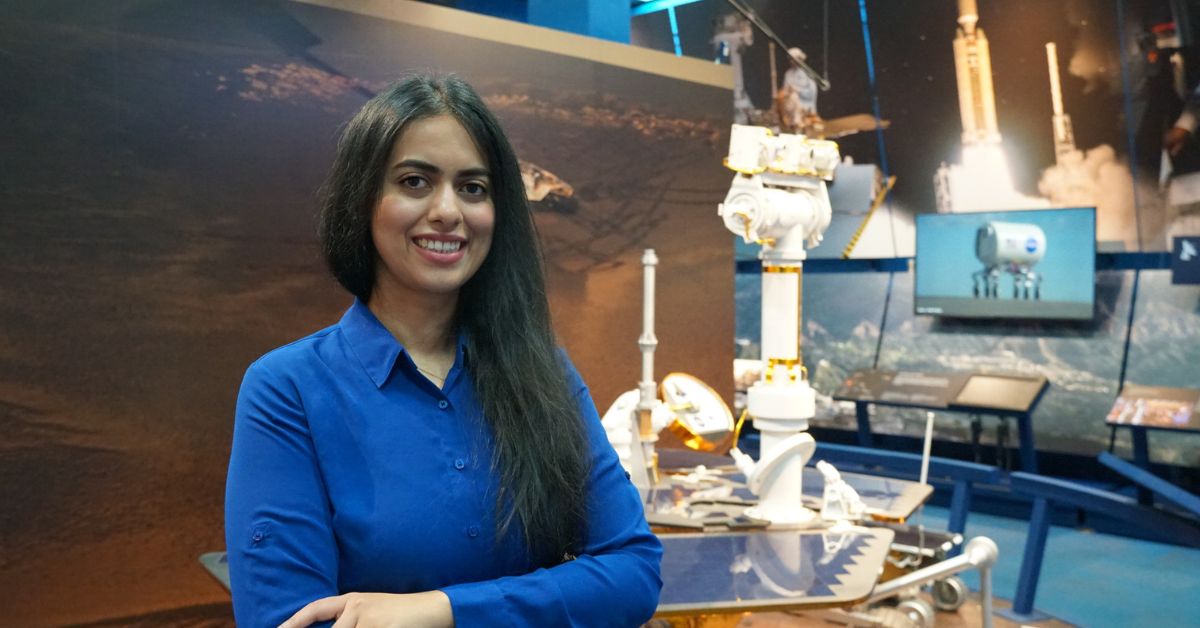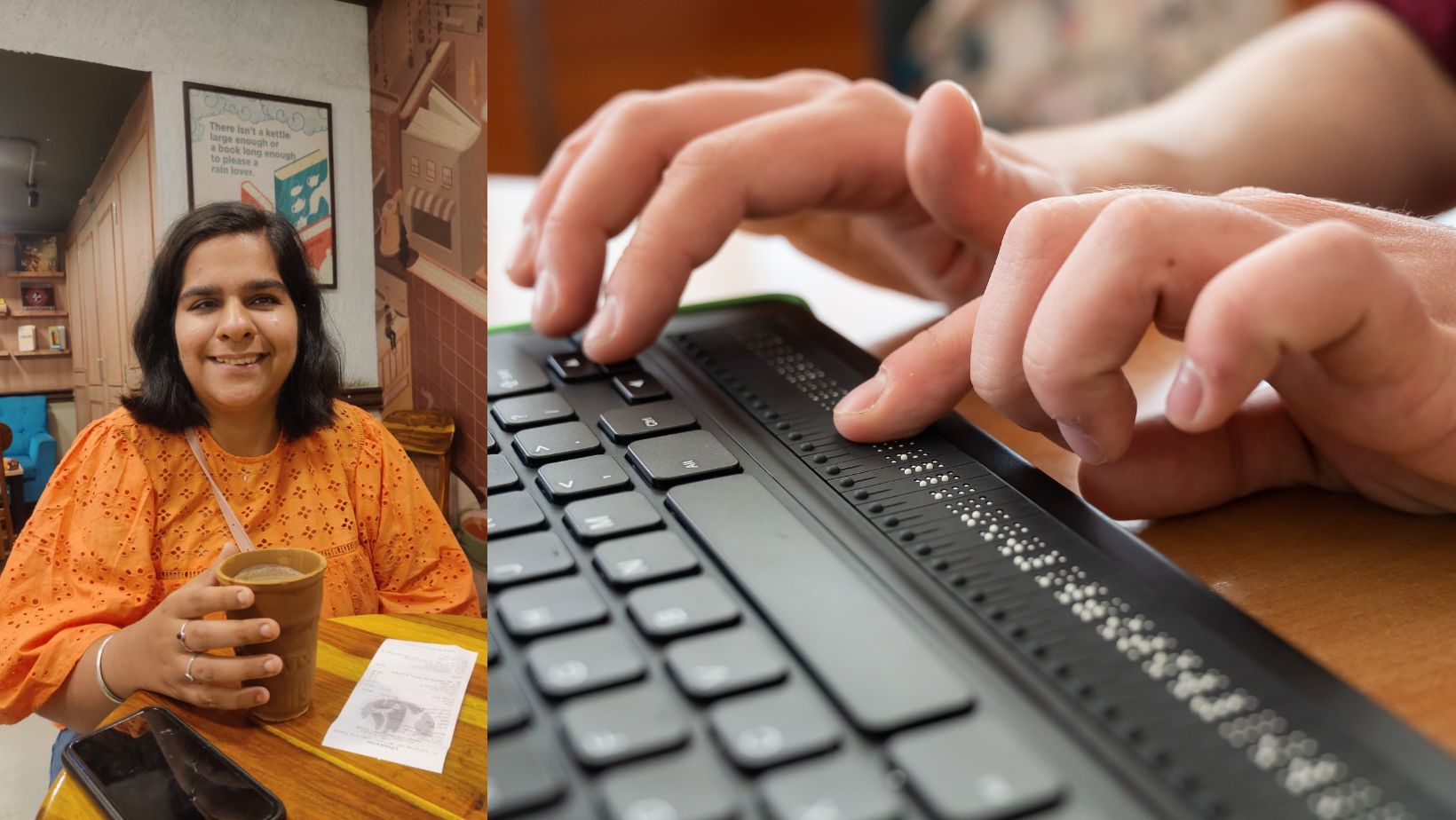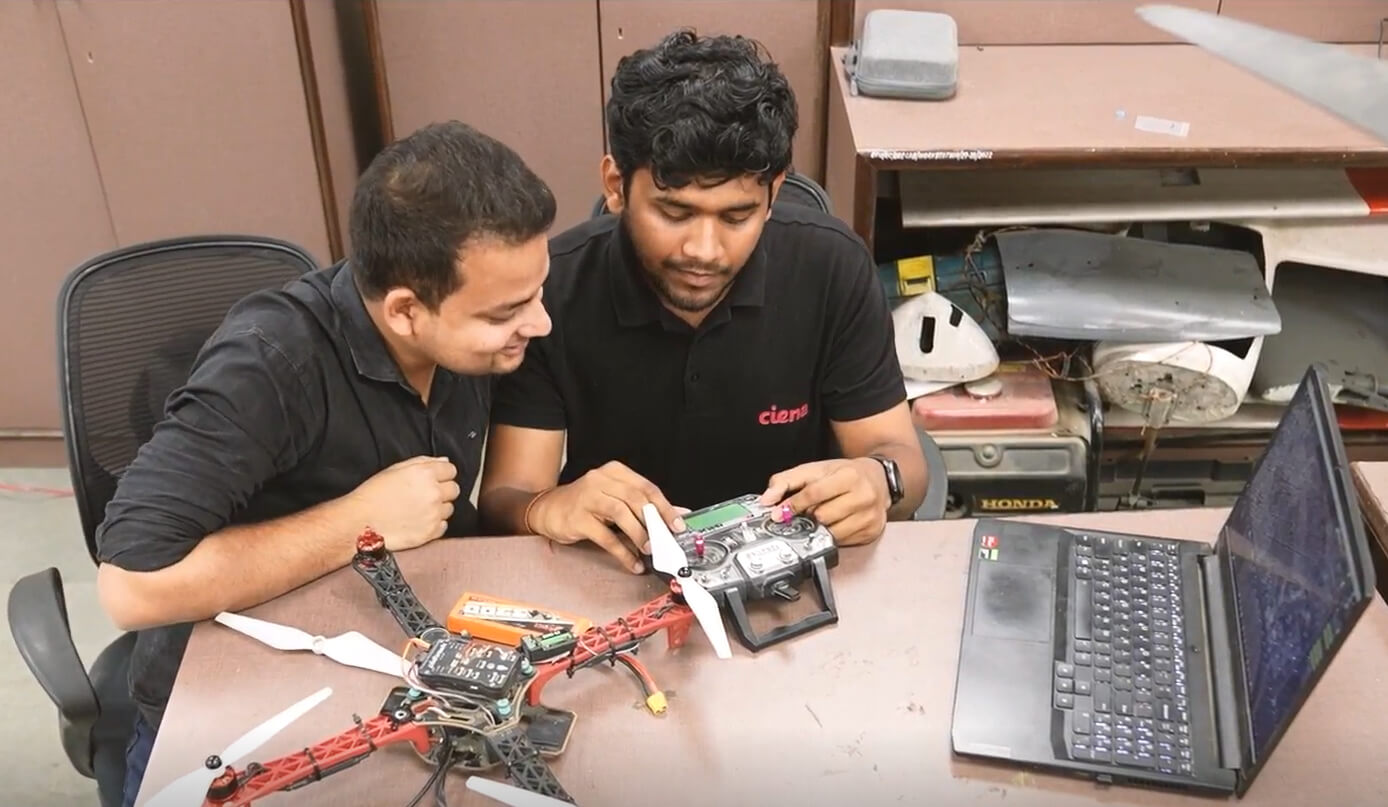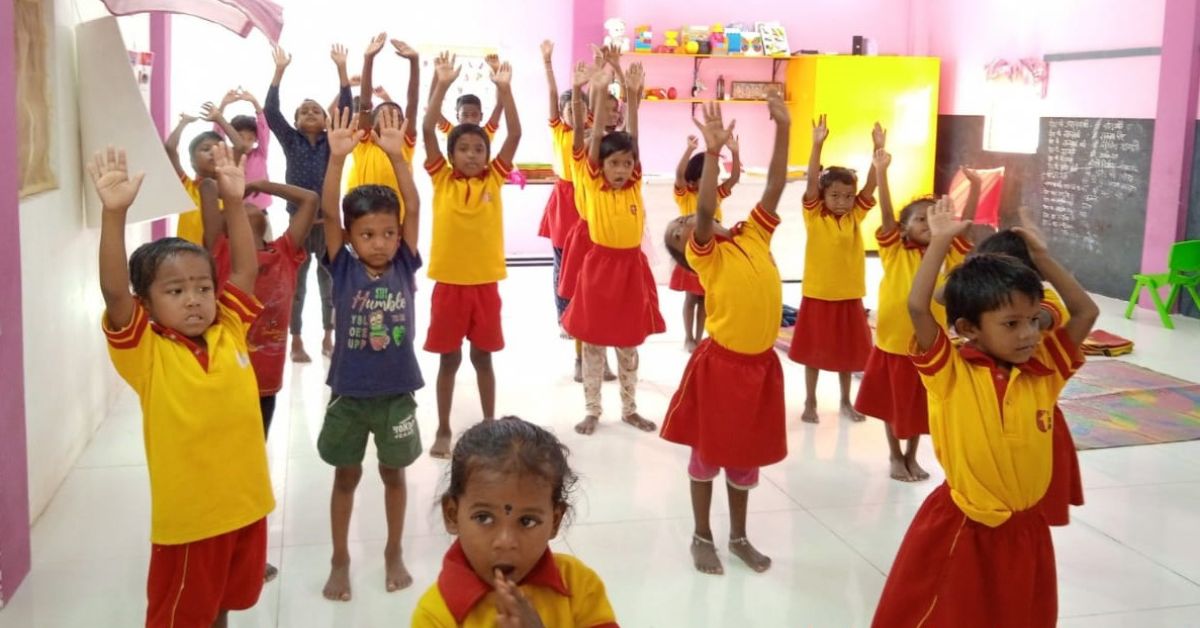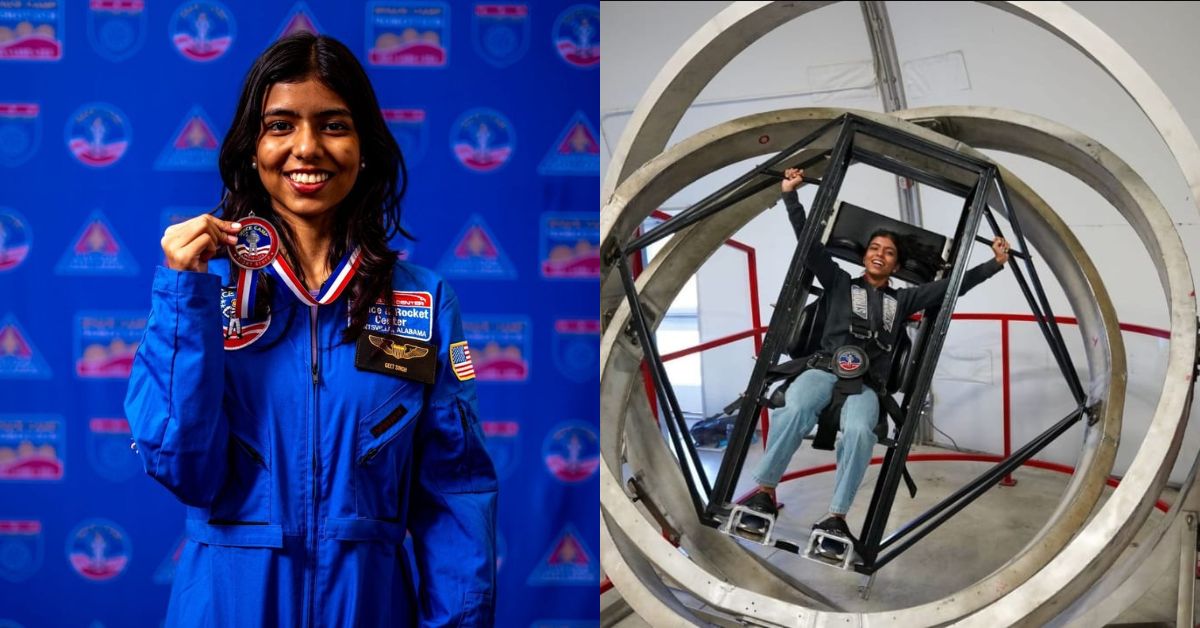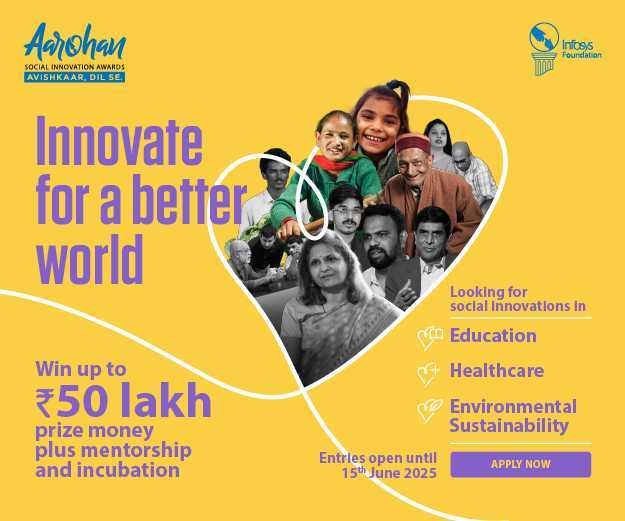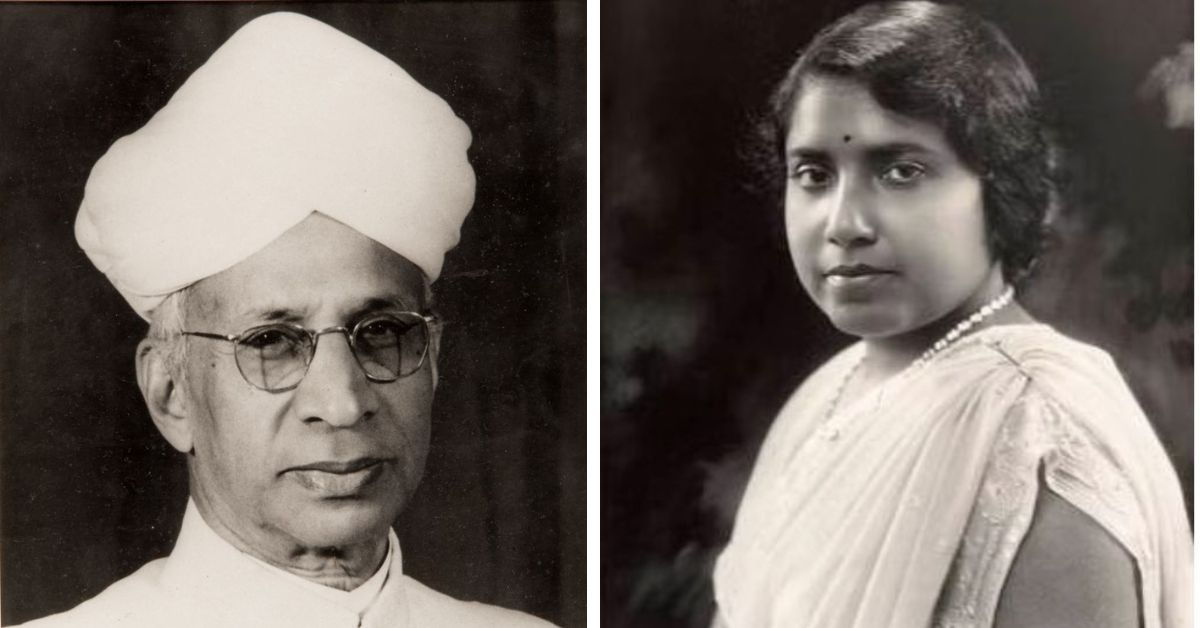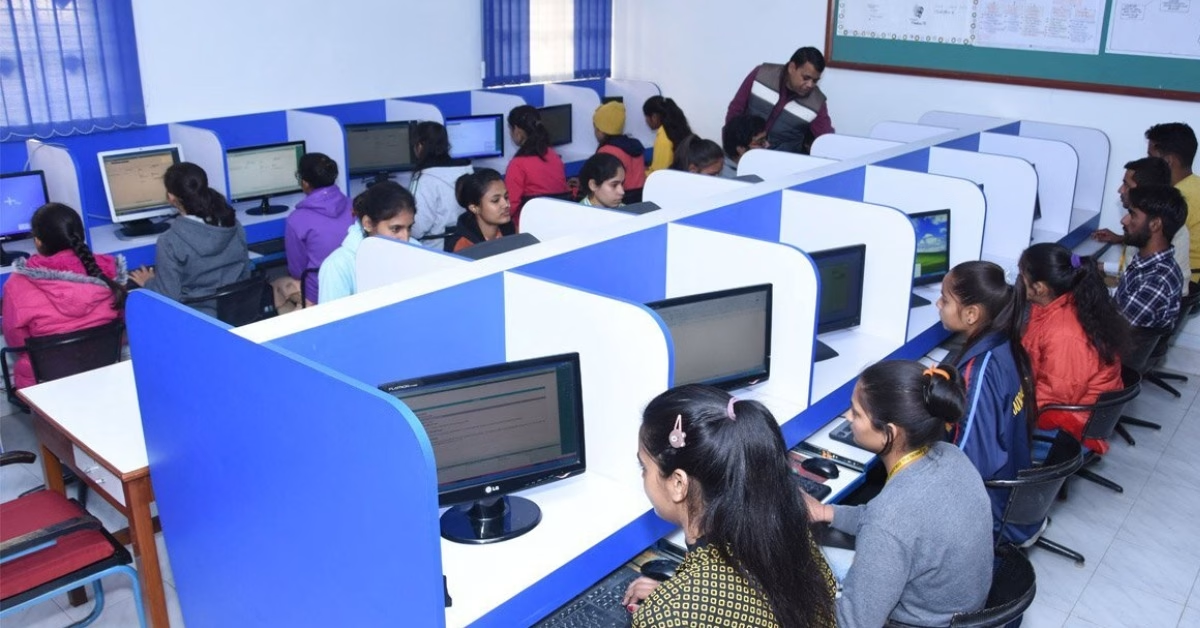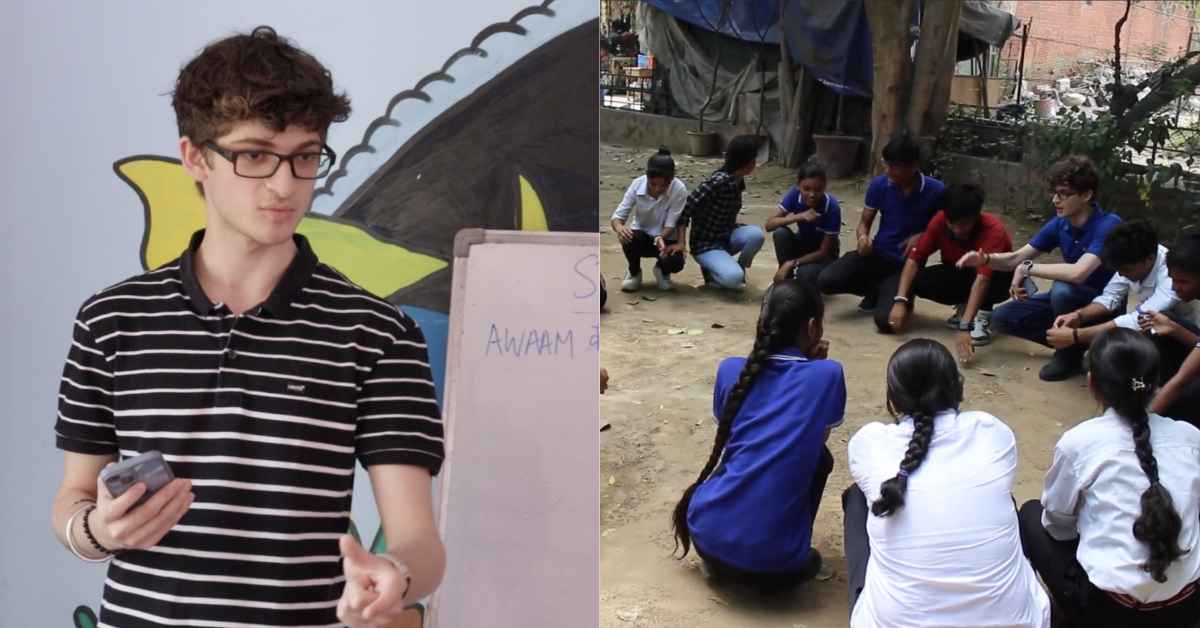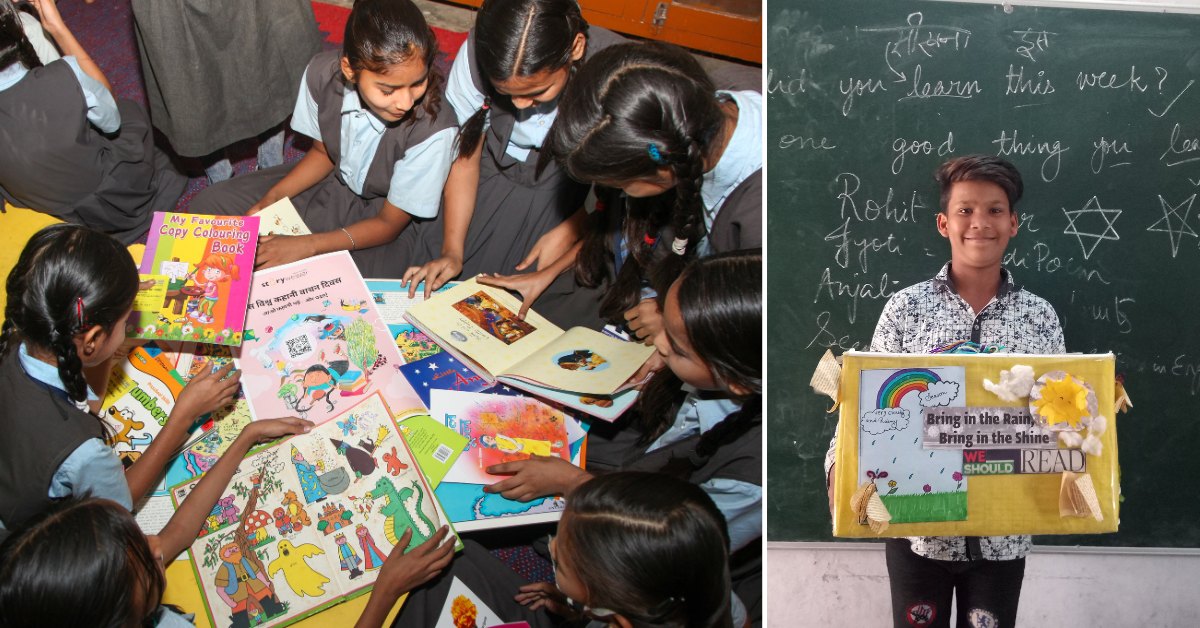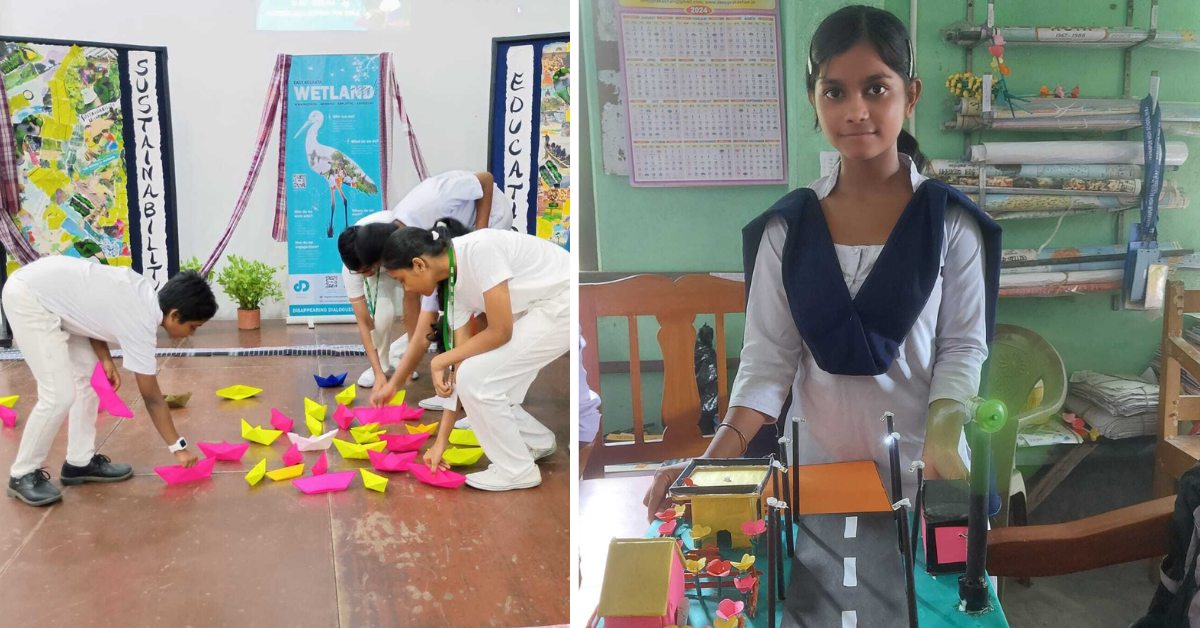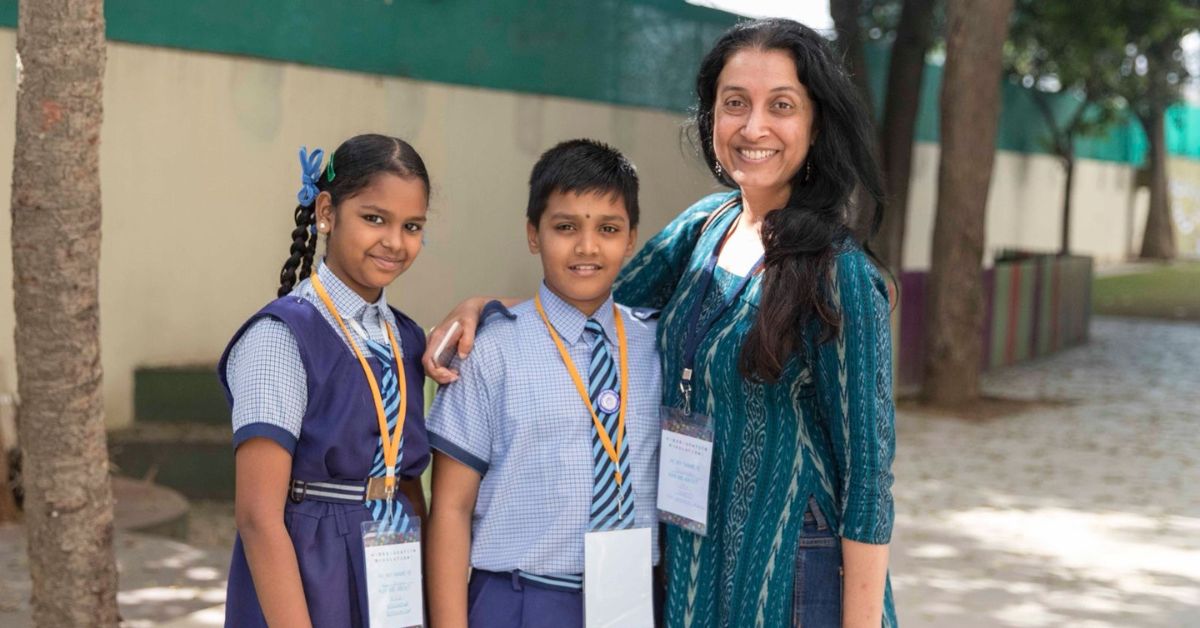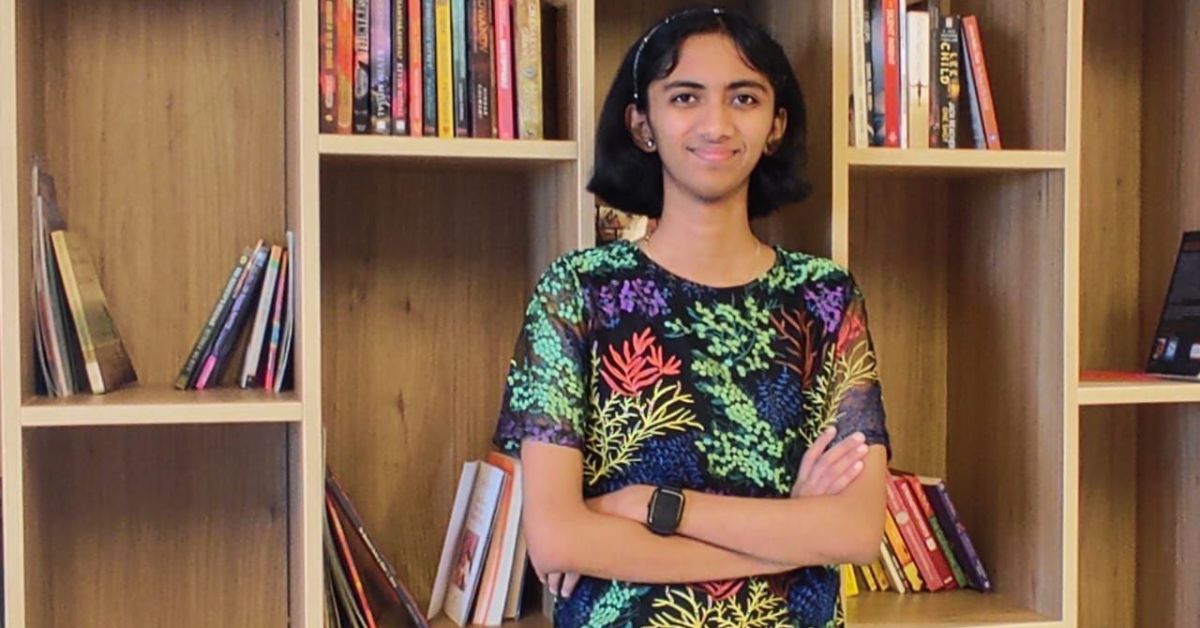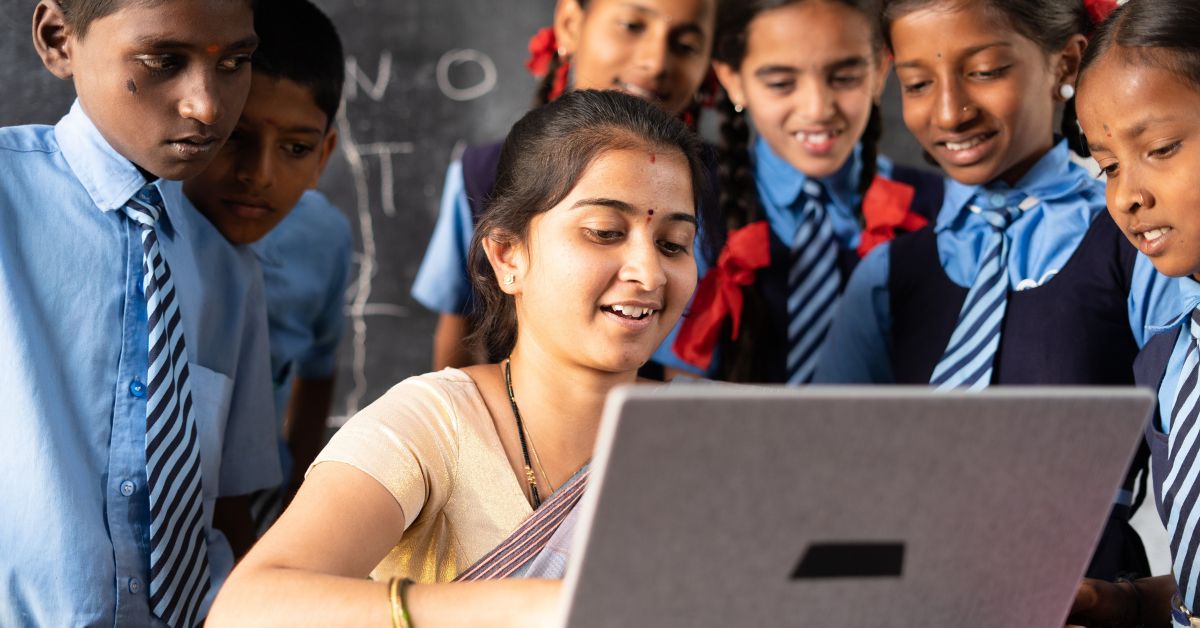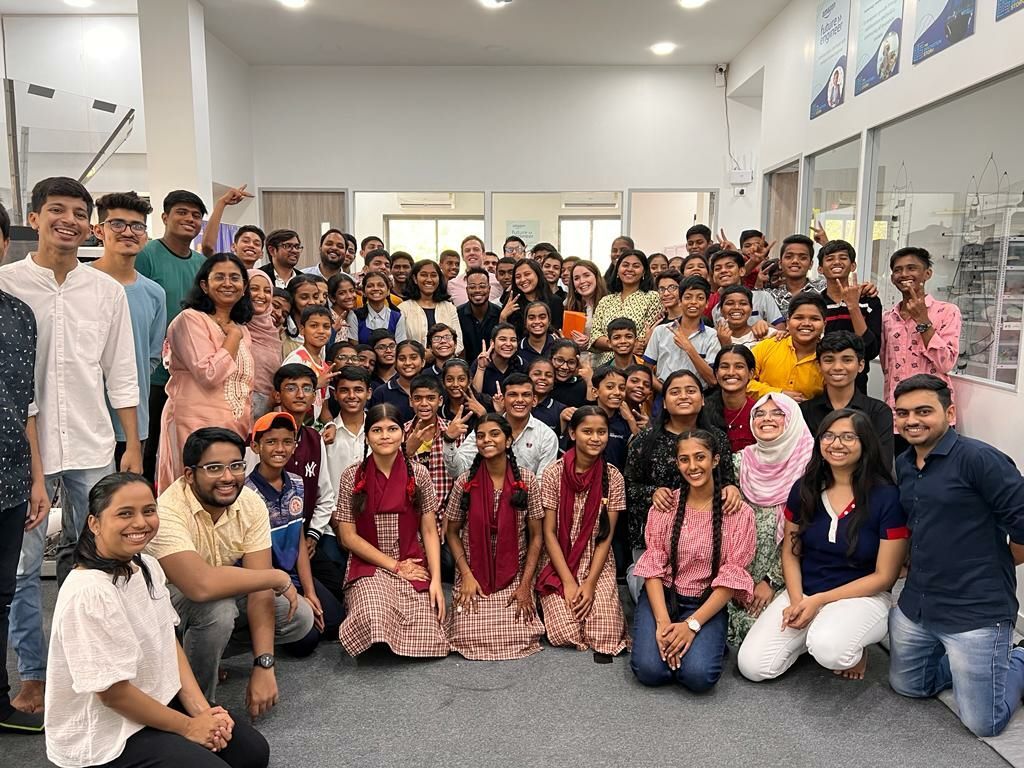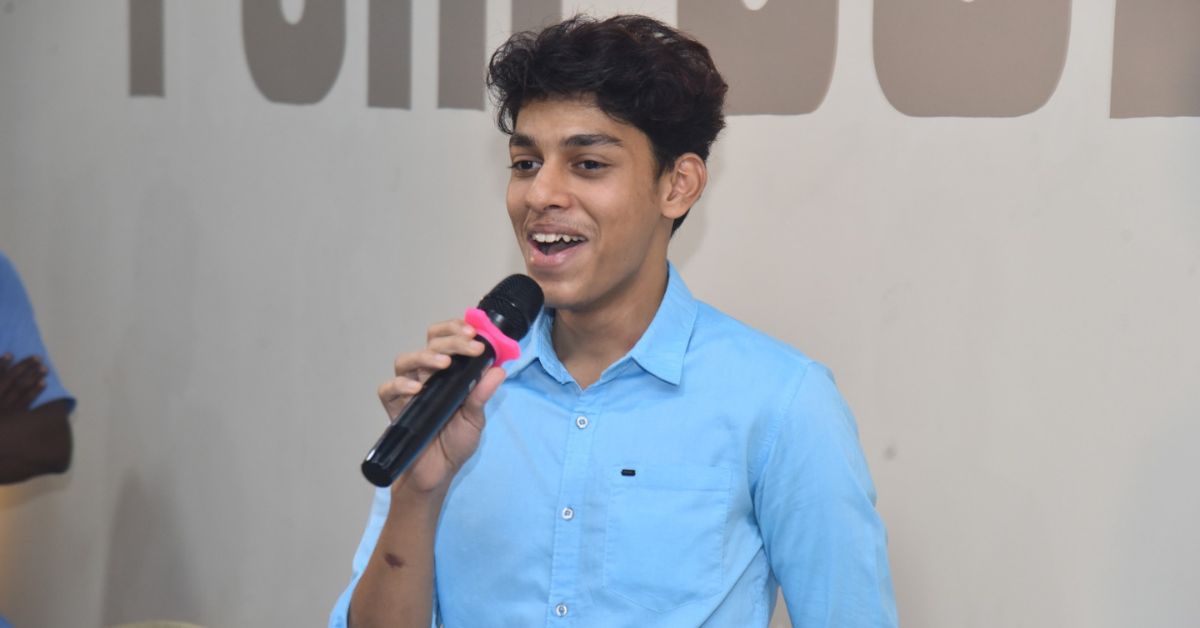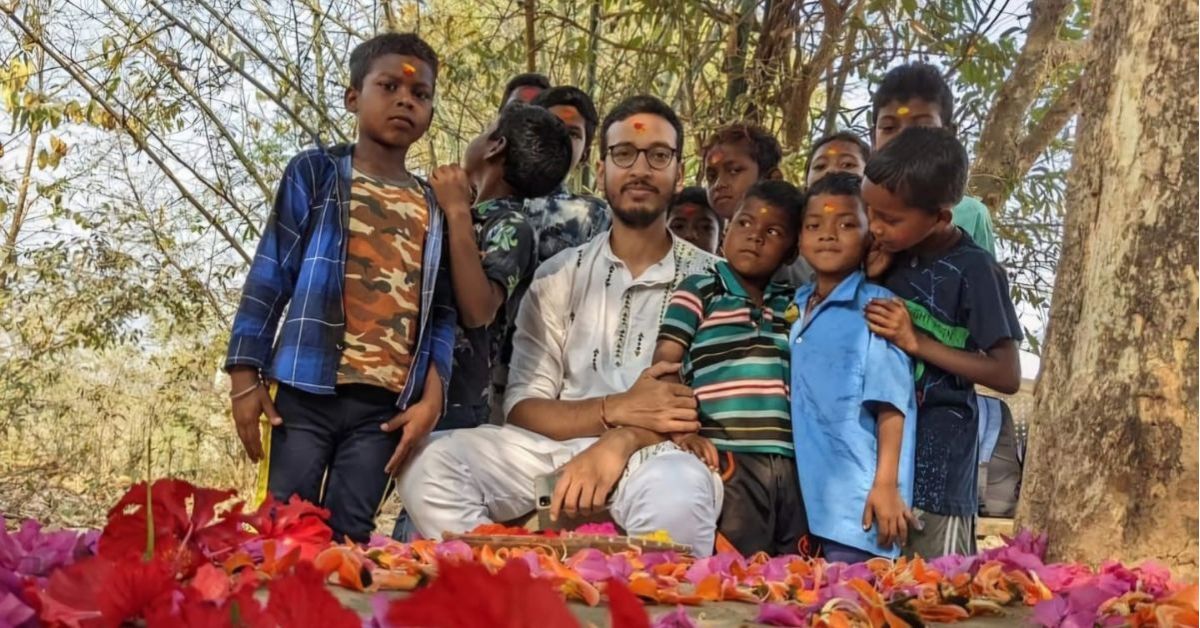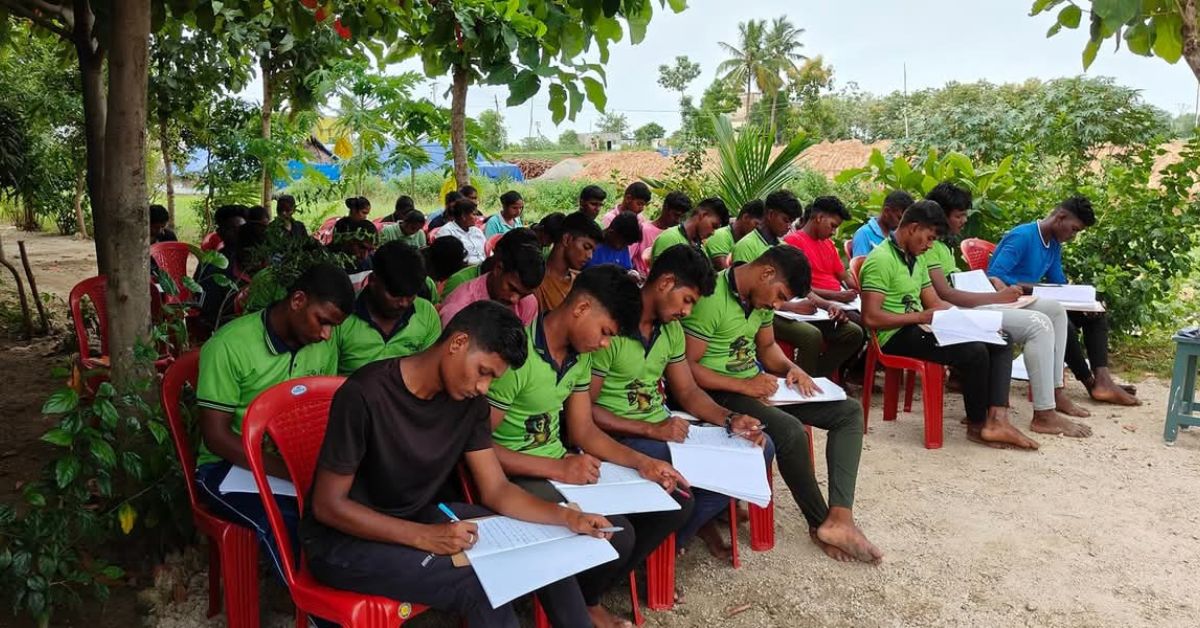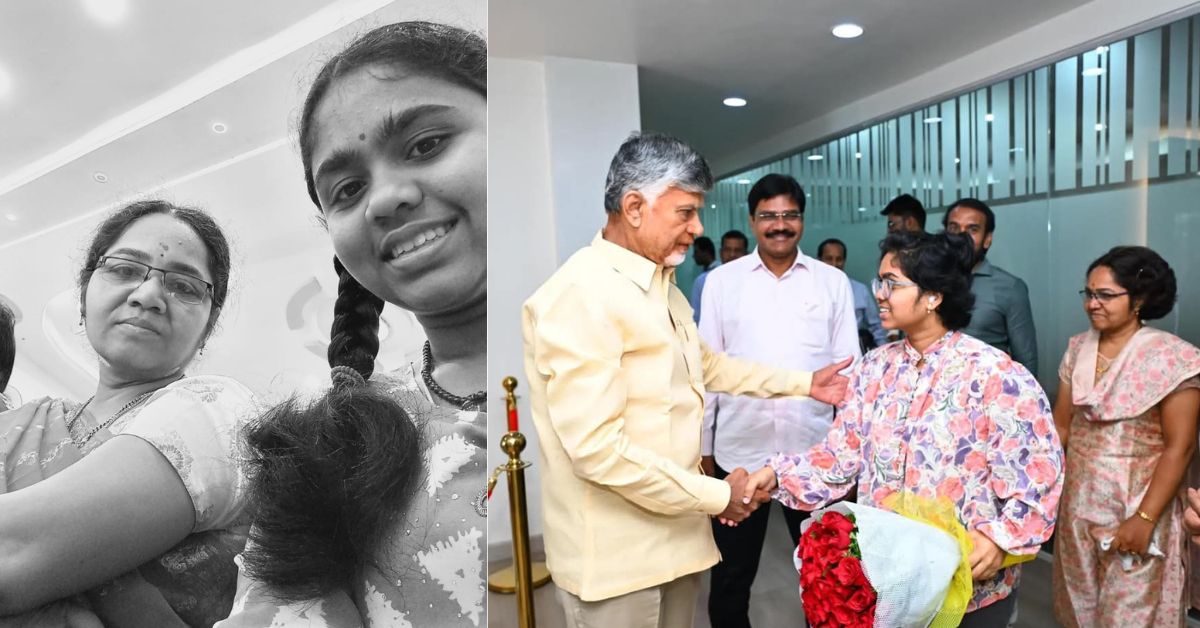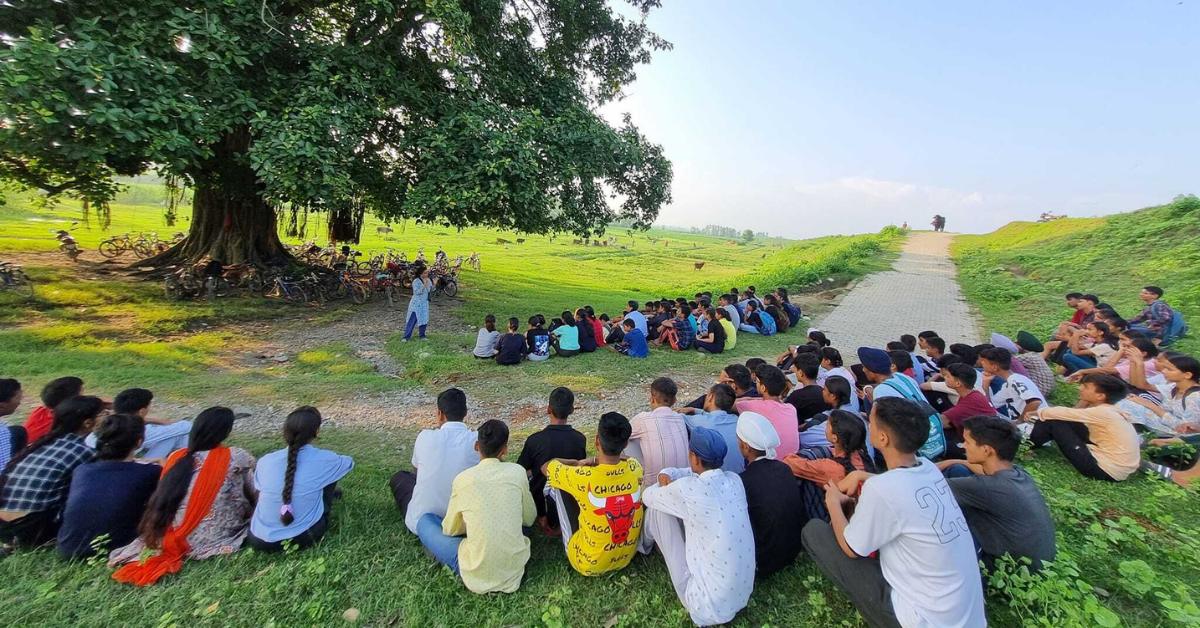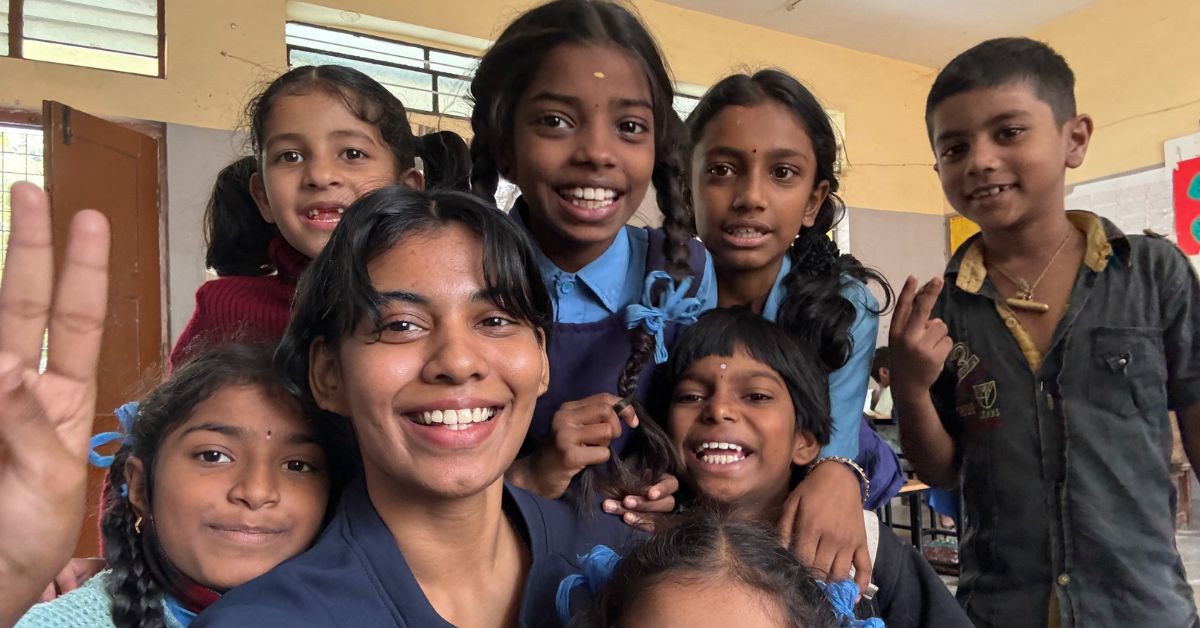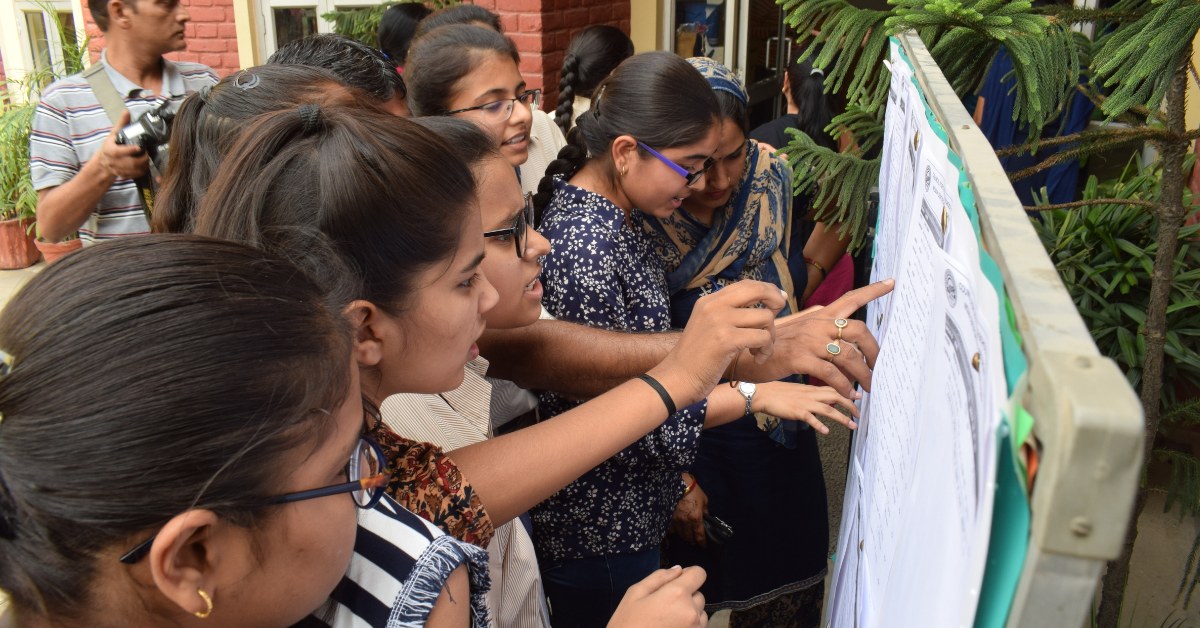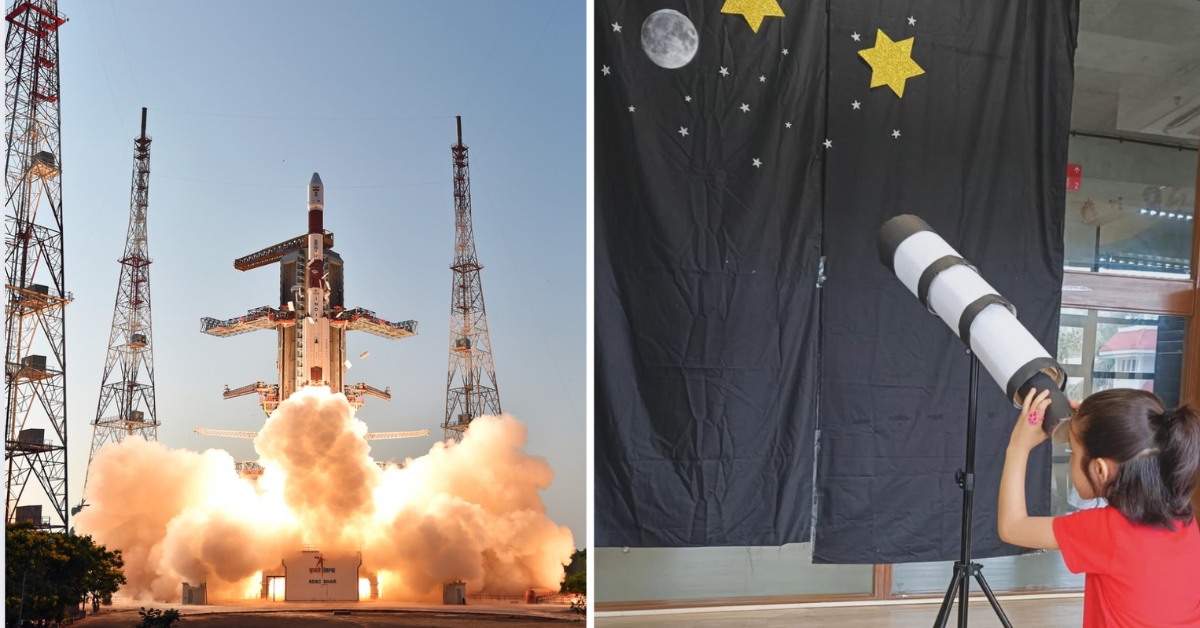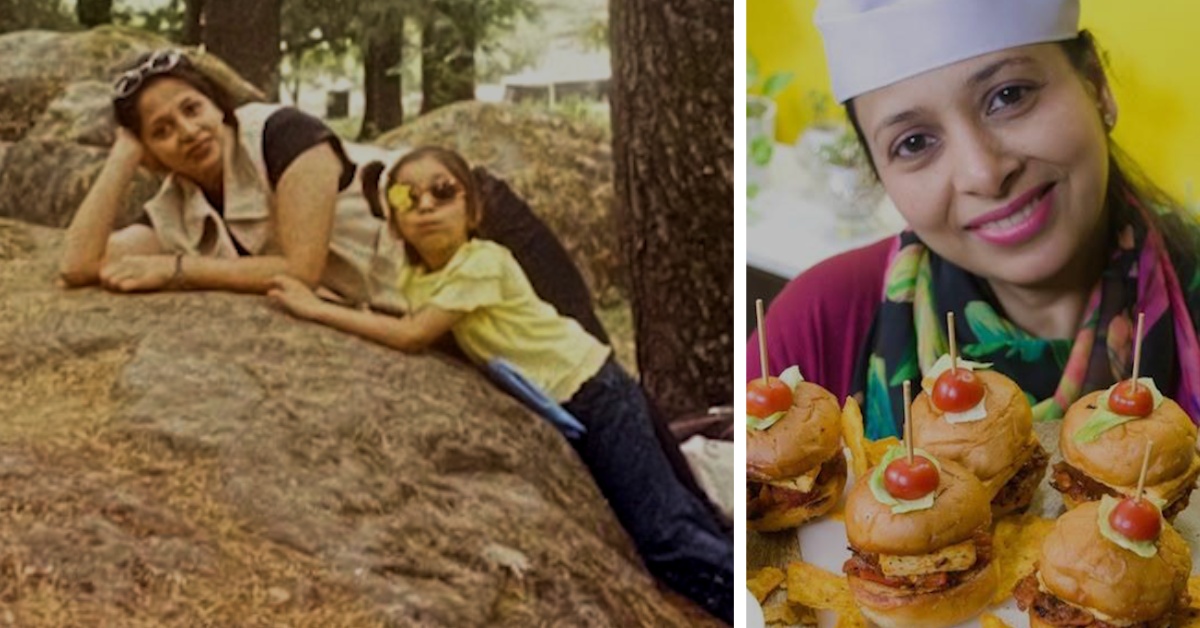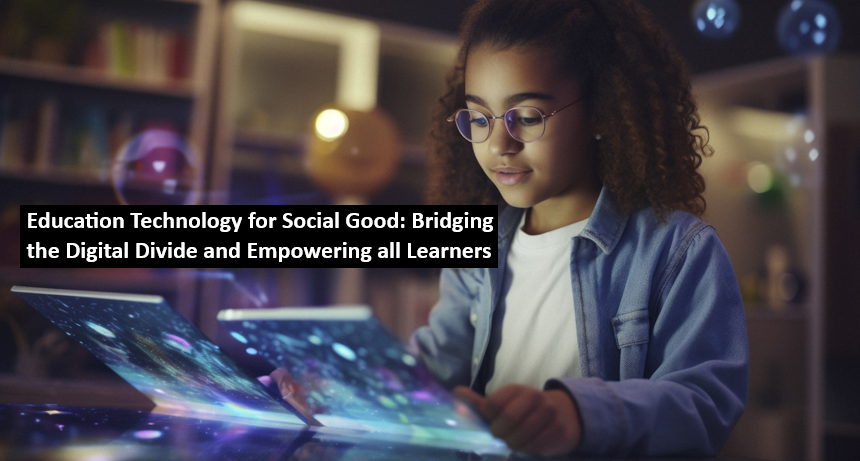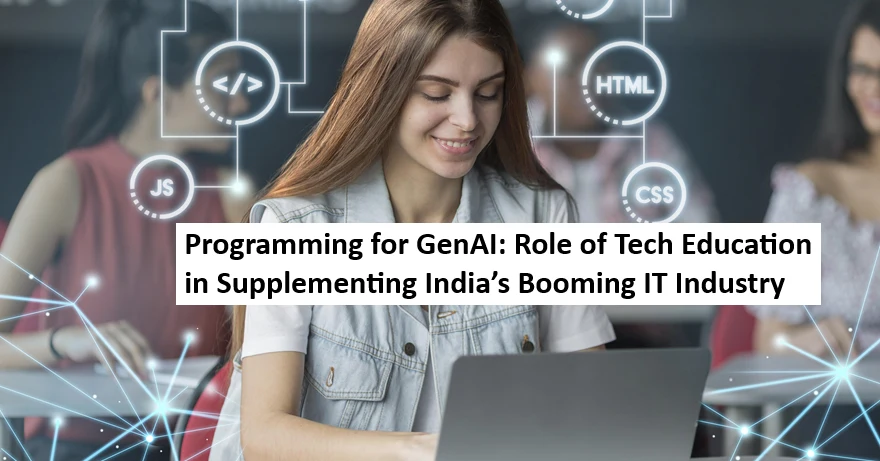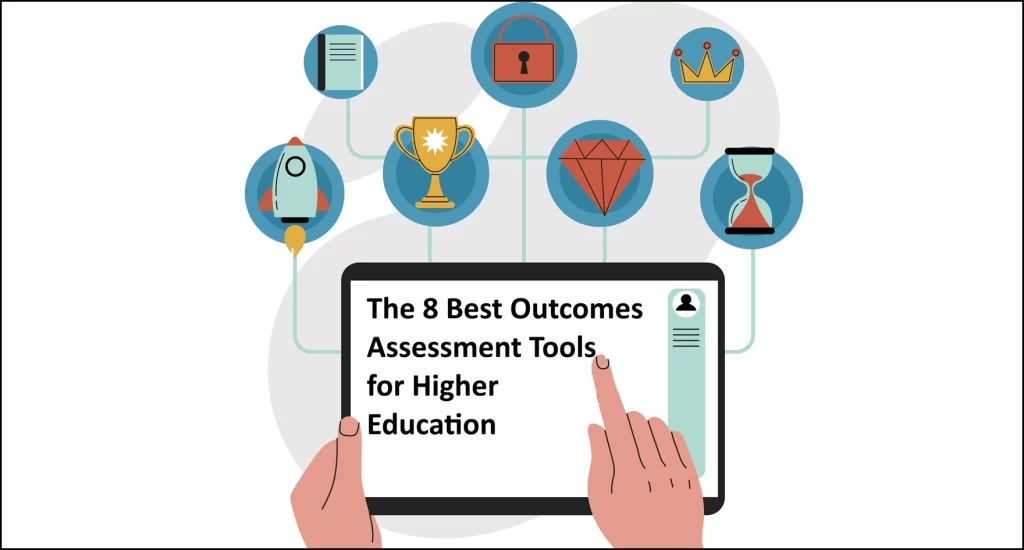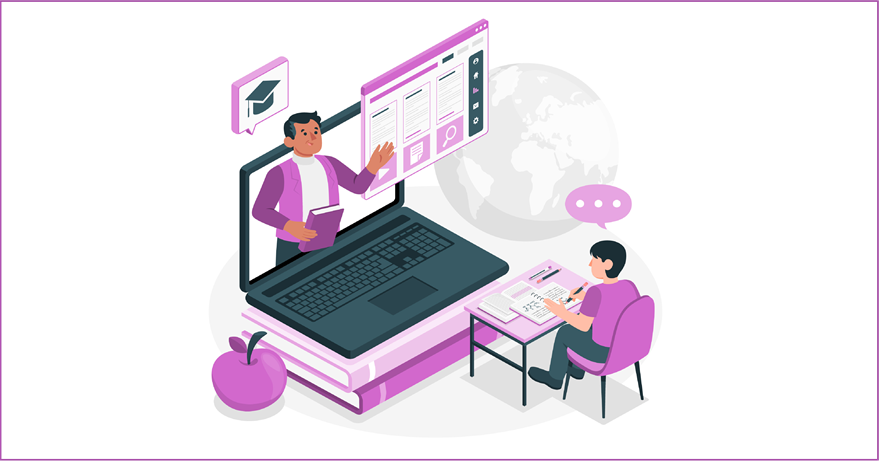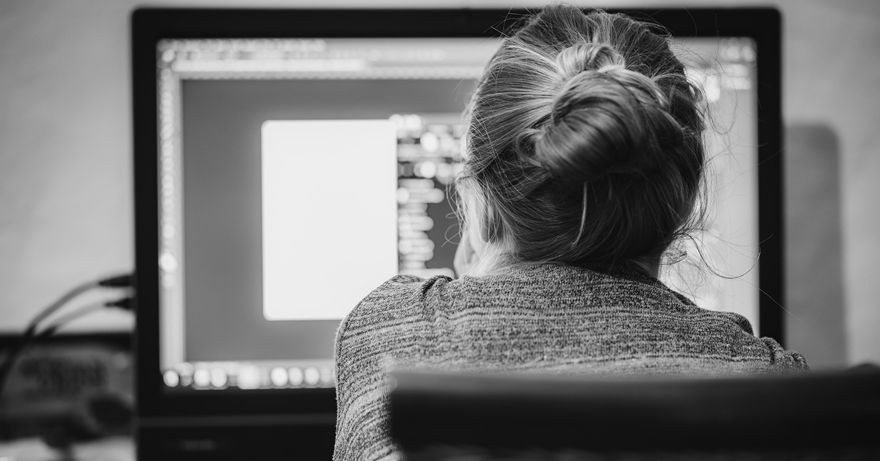
In a world where AI can recite every date in history or solve any equation, typically human skills, like creativity, empathy, and ethical thinking, suddenly become the most valuable. It’s like returning to the roots of education, but with advanced technology as support.
With the rapid development of artificial intelligence, the worlds of education, work, and everyday life are changing in ways that seemed like science fiction just a decade ago. AI tools write essays, compose music, generate code, and even help diagnose diseases. In this increasingly automated world, it might seem that the human role is diminishing. But paradoxically, the more technology we use, the more we value everything that defines us as human.
Future-Proof Skills: Soft and (Ir)replaceable
Not so long ago, it was hard skills, like programming languages, data analysis, that practically guaranteed success. Today, as algorithms take over many technical tasks, much greater importance is being placed on skills that AI engines still lack:
- creative thinking,
- collaboration,
- emotional intelligence,
- and ethical awareness of the surrounding technological reality.
Why are soft skills irreplaceable? Because even the best algorithm cannot truly understand cultural context, emotions, or moral dilemmas. AI may offer suggestions, but only humans can judge what’s right, fair, and responsible. Take collaboration: it’s not just about dividing tasks, but about listening, managing conflict, and building trust… Processes that AI tools can support through shared lesson creation and peer feedback, but that only people truly bring to life. Emotional intelligence, likewise, goes beyond recognizing emotions – it enables learners to navigate relationships, reflect, and grow. Simulations built into AI applications can help, but real empathy comes from real interaction. And finally, ethical awareness is crucial in an AI-shaped world. Students must learn not only how to use tools like EdTool, but how to question their assumptions, spot potential biases, and reflect on their broader social impact. Together, these skills form the human core that no machine can replicate — and that future-ready education must place at its center.
Education Reimagined: Back to the Roots
Technology is often seen as a threat to the traditional model of education, replacing teachers, homogenizing teaching, and automating thinking. But the real challenge is not whether AI will take over certain educational tasks, but how to use it to return to the core purpose of education: developing the full potential of each learner.
In the past, schools were places where reasoning, values, reflection, and dialogue were taught. Over time, with the growing demands of the labor market and the need for objective progress assessment, greater emphasis was placed on measurable outcomes, standardization, and encyclopedic knowledge. Today, when machines can master facts and patterns faster than any of us, education has a chance to return to teaching that focuses on developing empathetic, creative, and conscious individuals, not just competent performers.
AI as a Partner, Not an Enemy
The goal isn’t to abandon technology. Quite the opposite! AI becomes a natural assistant for teachers and students, enriching the learning process in ways that were previously impossible. In many schools, teachers already use algorithms to personalize instruction, from apps that analyze student progress to chatbots that explain math concepts.
One example is EdTool, an AI-powered authoring and delivery platform designed to help educators create and share engaging content with minimal effort. Its intuitive drag-and-drop interface allows for instant creation of mobile-ready interactive lessons and tests (no coding skills required). What’s more, EdTool’s AI assistant can automatically generate structured and coherent lesson content from just a prompt or topic idea, helping educators save time while maintaining high-quality teaching materials. Educators also gain access to a vast, searchable library of over 50,000 interactive resources, aligned with a wide range of textbooks and curricula. This makes it a powerful tool not only for schools and universities but also for publishers and education ministries looking to scale quality content delivery.
With built-in real-time delivery and student progress monitoring, EdTool helps teachers respond quickly to learners’ needs. The platform’s multilingual interface and instant translation capabilities make it ideal for both global deployment and local adaptation, whether you’re teaching in Berlin, Bogotá, or Bangkok.
Importantly, by taking over repetitive or administrative work, platforms like EdTool give teachers more time to do what only humans can: lead meaningful discussions, build relationships, and mentor students on their educational journey.
Critical Thinking as the New Literacy
In the age of AI, information is no longer the problem, we have too much of it. The real challenge is the ability to filter, interpret, and evaluate information. That’s why critical thinking becomes one of the most vital skills: the ability to question sources, understand intent, and recognize manipulation and cognitive biases.
AI can be incredibly useful in data analysis, processing huge volumes of information, and identifying patterns that might escape human notice. But it is the human who must give meaning to that data, understand what it signifies in a specific context, and how to use it responsibly. Algorithms may show correlations, but interpreting their significance, especially in complex cultural, moral, or psychological contexts, remains the domain of human experience. What sets us apart is precisely the invaluable capacity for holistic thinking that considers not only data but also subtle social and ethical nuances.
Paralysis or Breakthrough?
This is the moment when the human role becomes more critical than ever. Teachers are no longer just transmitters of facts but have ecome inspirers of thought, mentors guiding the development of wisdom and character, and guardians of a critical approach to information. Students are no longer passive recipients of knowledge but active co-creators of education, question-askers, and conscious users of technology, shaping their skills for the future world of work. The great transformation we are experiencing requires the courage to redefine our roles and expectations. AI forces us to deeply reflect on what kind of people we want to be and what role we want to play in shaping the society of tomorrow. This can be a moment of uncertainty and paralysis or a breakthrough, if we find the courage to treat technology not as a threat to our identity, but as a catalyst for deepening the human dimension of education and work. After all, it is in the face of a technological revolution that what is most valuable in humans emerges – the ability to create meaning and make conscious, ethical decisions.
Conclusion: Human at the Center of the Digital World
The AI paradox lies in the fact that the more tasks machines take over, the more we begin to appreciate what only humans can do. Creativity, empathy, the ability to ask questions, and moral reasoning are skills that cannot be copied or automated. In a world full of algorithms, humanity itself becomes the ultimate competitive advantage. And perhaps – paradoxically – it is precisely the development of AI that will remind us that the goal of education is not to produce perfect executors, but wise, responsible human beings.
Ready to see how AI can support, not replace, the human side of teaching?
Discover EdTool, the AI-powered platform built for educators, and explore our Partner Program to bring it to your school, district, or region.



